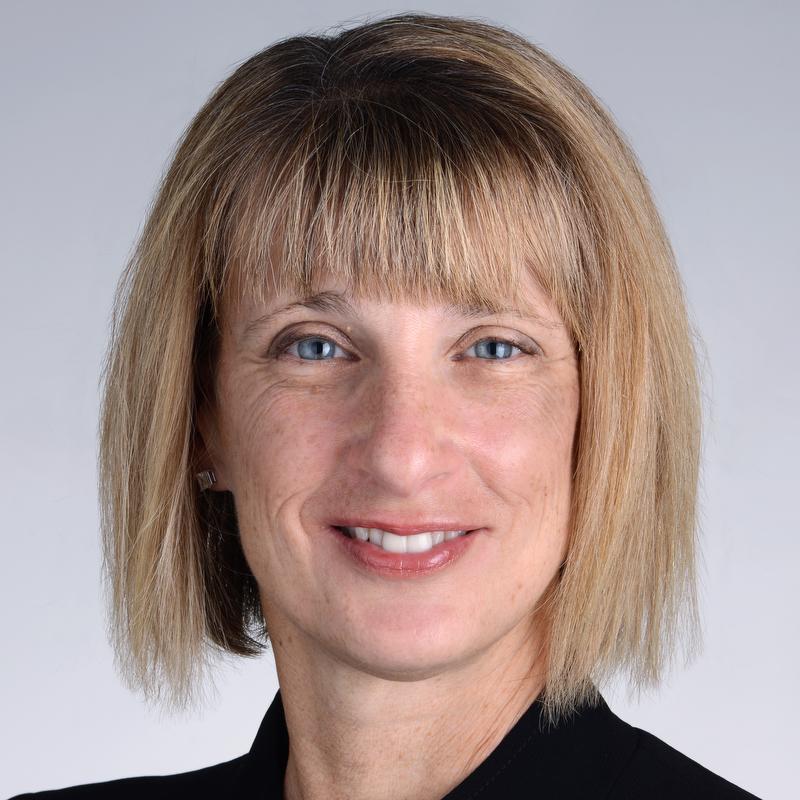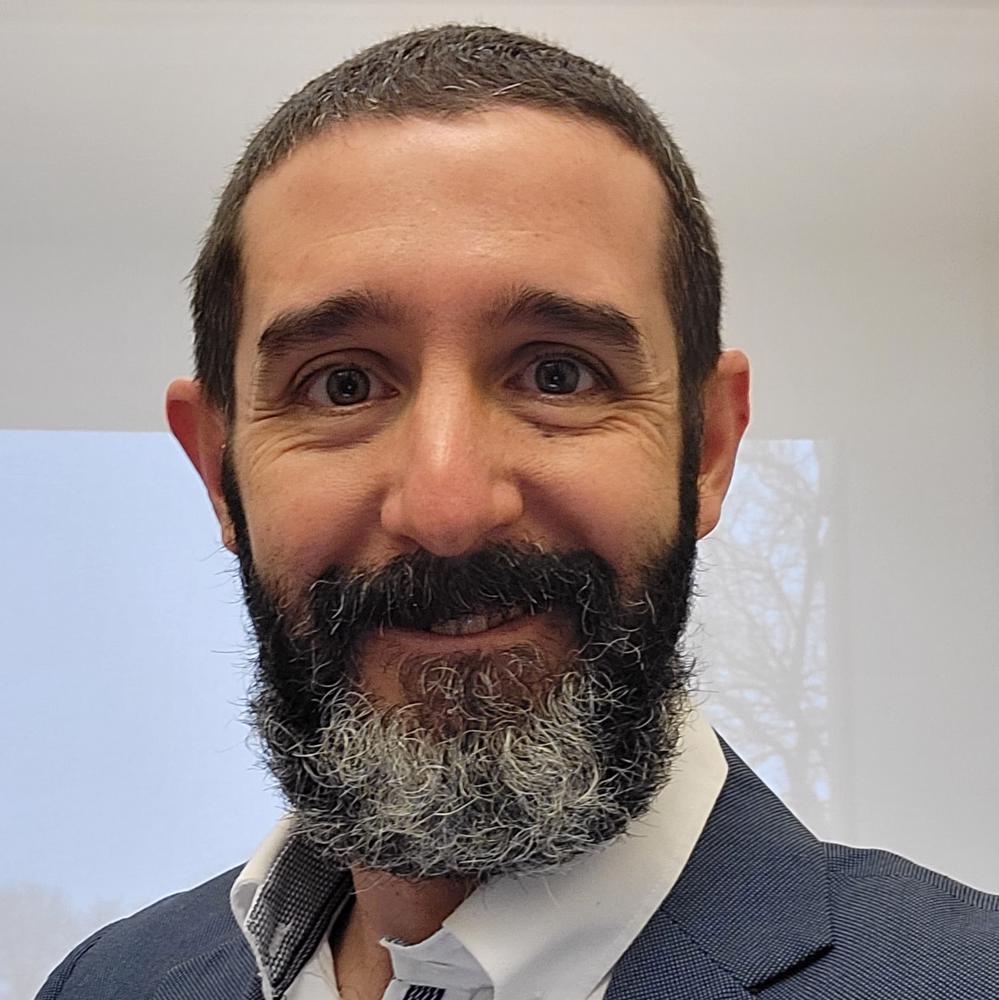

Spotlight on Communities Organizing to Promote Equity (COPE)- Ton Miras Neira
By Kelly Hale, Communications Coordinator
Sep 09, 2022
Connecting communities with resources, especially when it comes to aspects of health equity, is part of Communities Organizing to Promote Equity’s (COPE) mission to improve access to healthcare for underrepresented and underserved communities across the state of Kansas.
In order to provide this access, each of the 20 counties have a Local Health Equity Action Teams (LHEATs), composed of members that represent and/or serve the group(s) of Kansans the program prioritizes, as well as Community Health Workers and other members of public health organizations engaging in health equity work. The role of the LHEAT is to identify the social and medical gaps that affect the community at large and develop a 30-day action plan to organize and support activities to address or mitigate those gaps.
As he oversees Community Health Workers as a project manager for COPE, Ton Miras Neira explains that having a strong network is important for Community Health Workers, so they can execute COPE’s plans, help clients, and bring in additional organizations to help reach their goals for promoting equity. But the biggest part of a Community Health Workers job is to build a rapport with the client to make them feel at ease so the client can get the proper resources they need.
“One of the things you learn early on is that each region and county in Kansas have very different needs depending on their location. For example, getting transportation to an appointment may not be as difficult for someone in Kansas City as it is for someone in a more rural area,” Miras Neira said. “We help educate clients on resources that are available and host events throughout the year where we will also provide a meal. It’s all an important step in helping the community.”
Another example of the work COPE is doing - Community Health Workers are helping clients set up doctor’s appointments, go to the appointment and helping them understand what the medical professional is telling them so they can start to achieve better health outcomes.
And another part of COPE’s mission is working closely with community organizations and members who know where the biggest need is in their community, while also working with organizations that help people in need and local clinics.
Currently, COPE, in partnership with the Kansas Department of Health, University of Kansas Medical Center, County Health Departments, community health clinics and community organizations, serves 20 counties across the state.
Latest Articles
View All Funded Projects · News
Funded Projects · News
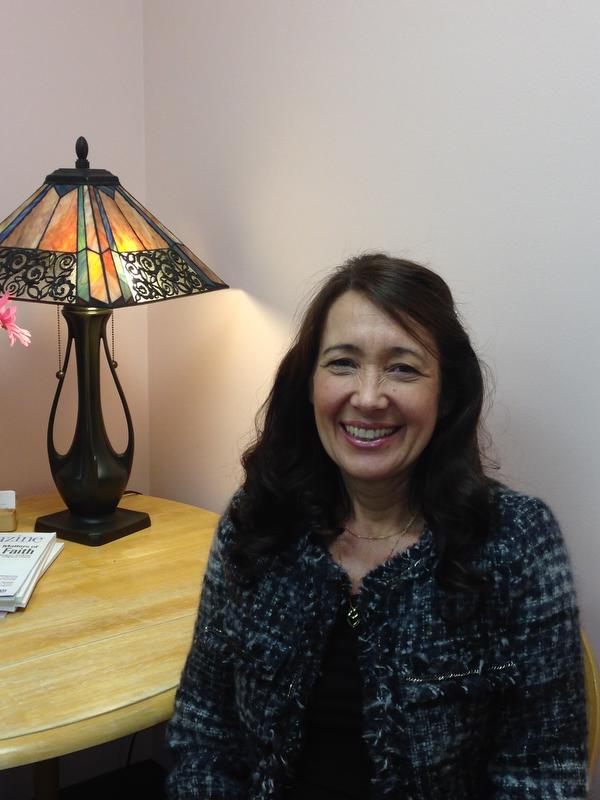 News
News
 TL1 Trainee · News
TL1 Trainee · News
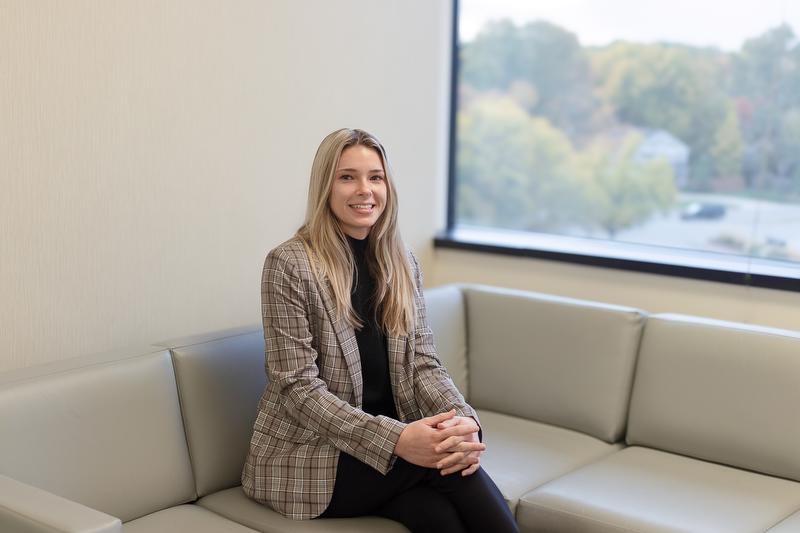
 TL1 Trainee · News
TL1 Trainee · News
 News
News
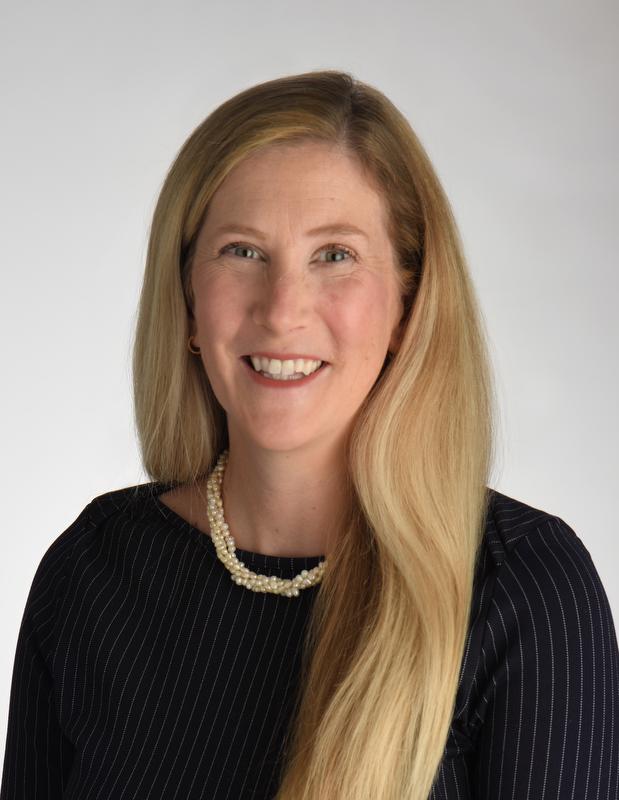 Funded Projects · News
Funded Projects · News
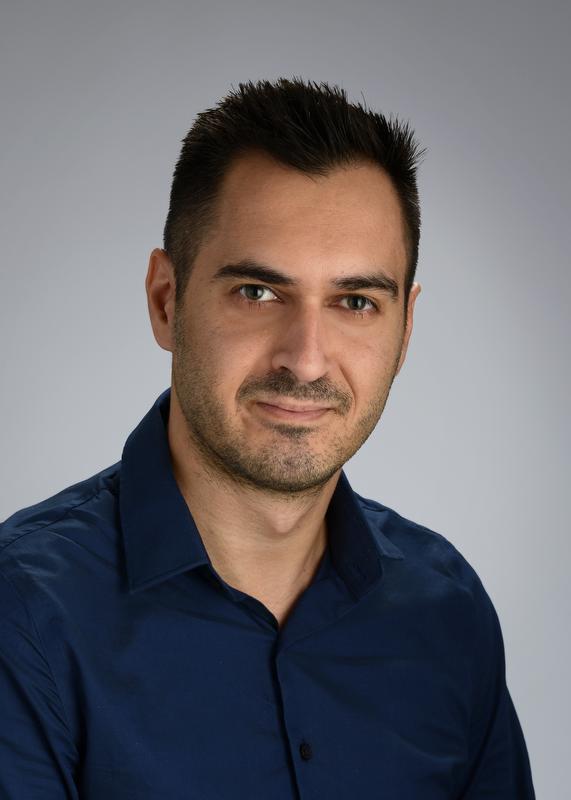 Funded Projects · News
Funded Projects · News
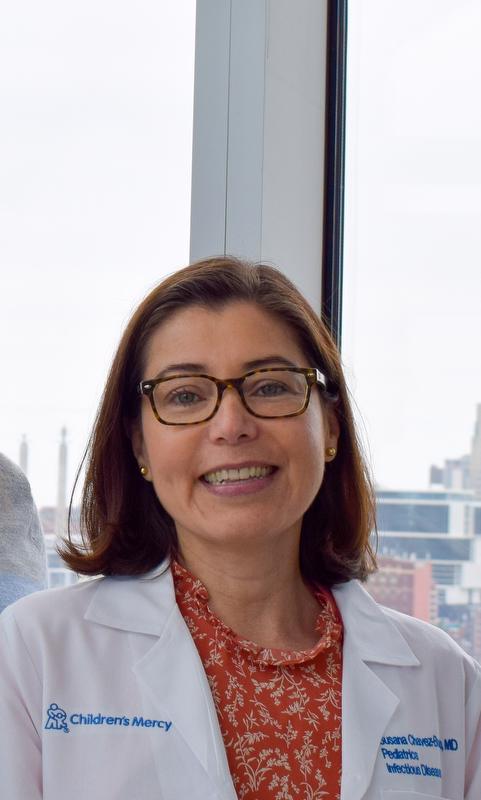 Funded Projects · News
Funded Projects · News
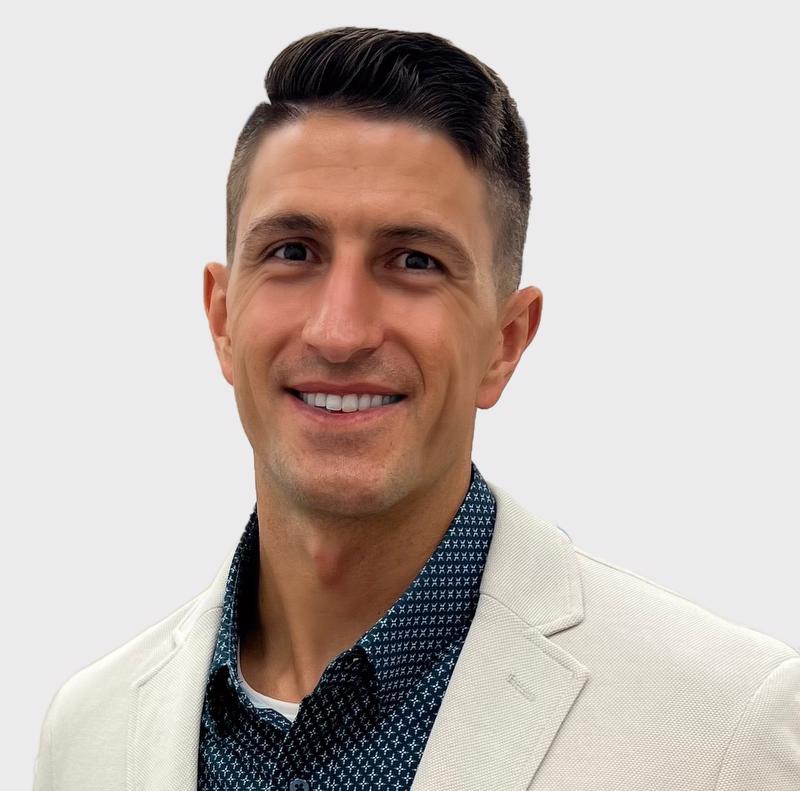 TL1 Trainee · News
TL1 Trainee · News
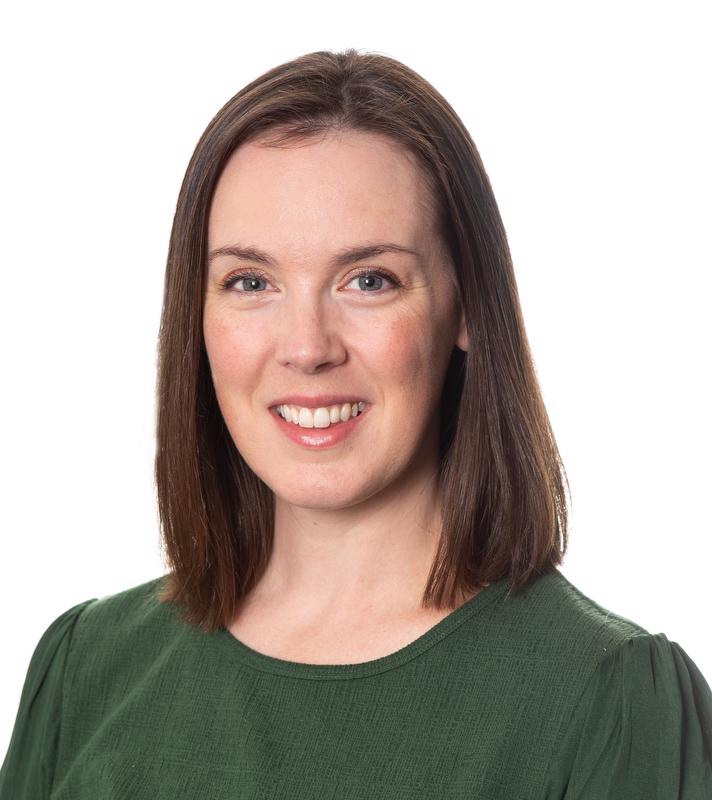 KL2 Scholar · News
KL2 Scholar · News
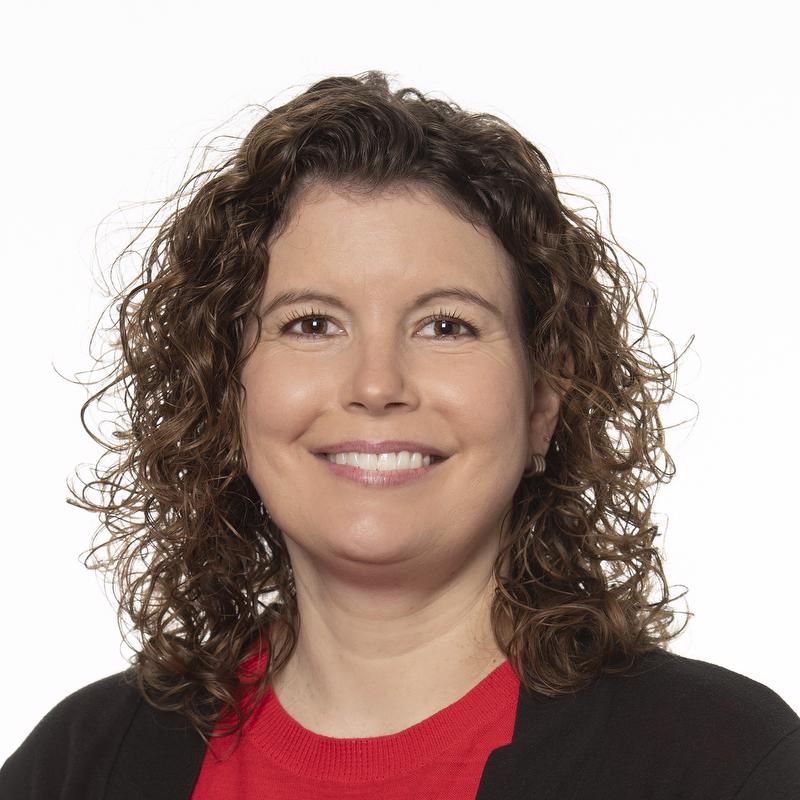 Funded Projects · News
Funded Projects · News
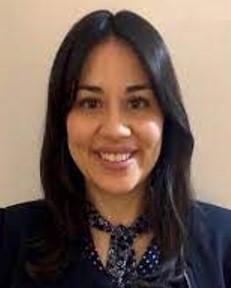 News
News
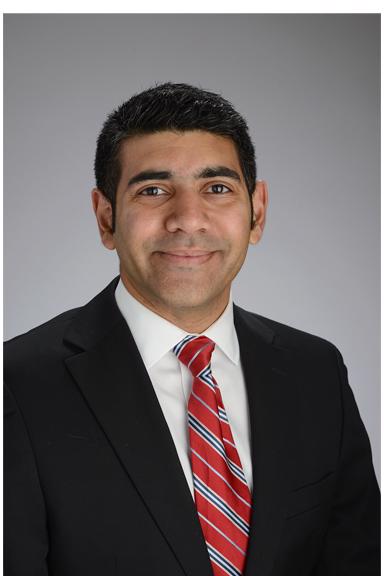 News
News
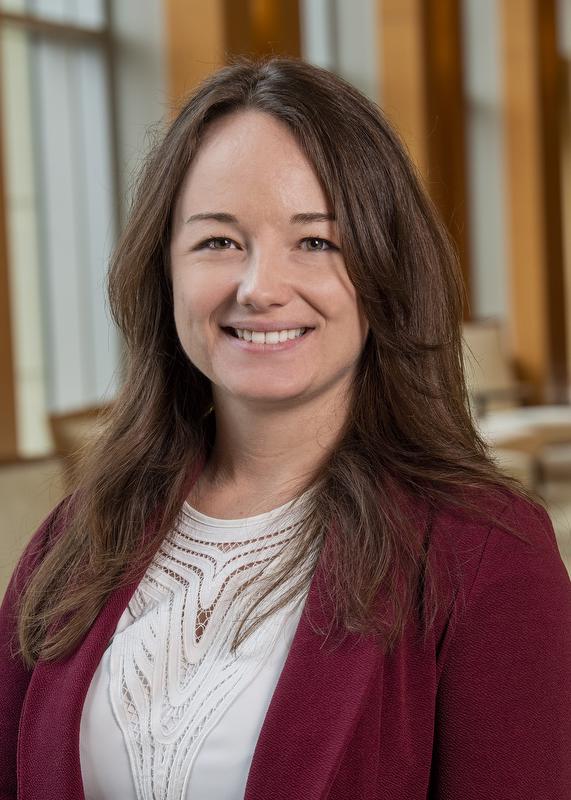 News
News
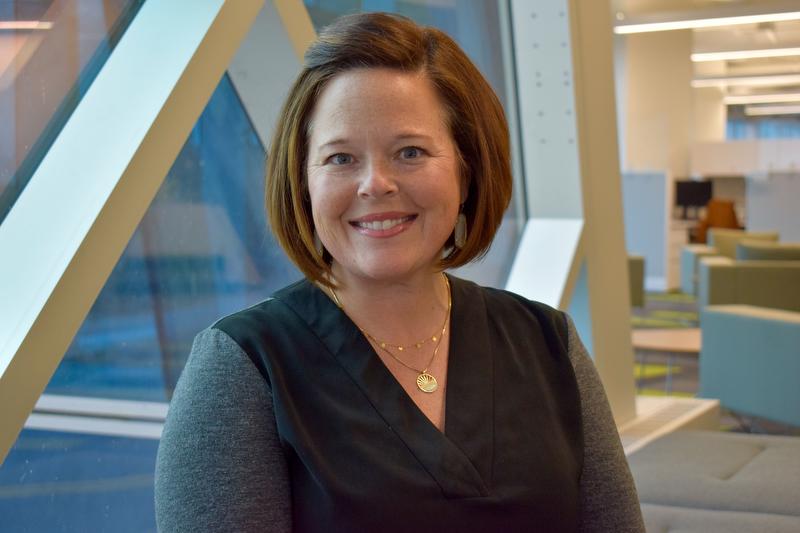 News
News
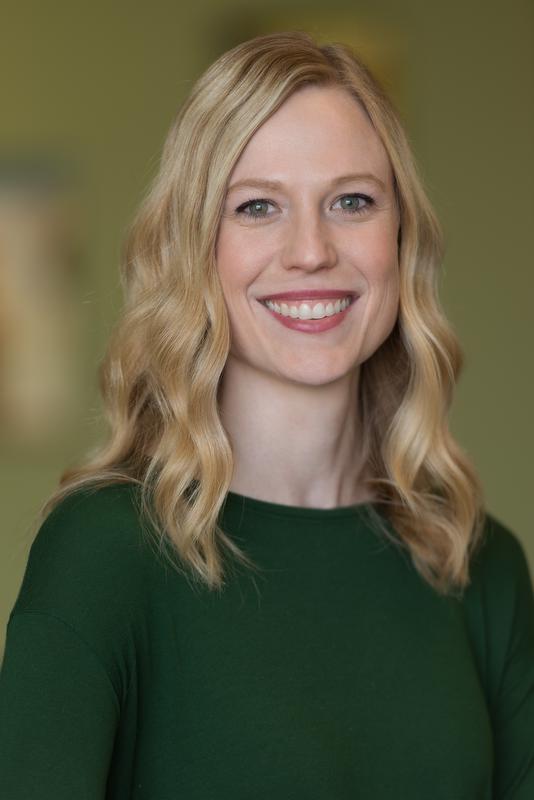 News
News
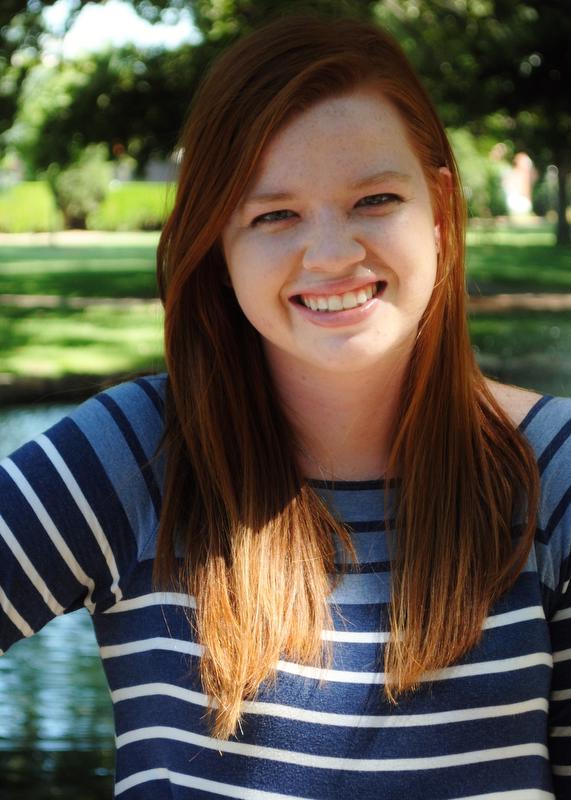 News
News
 News
News
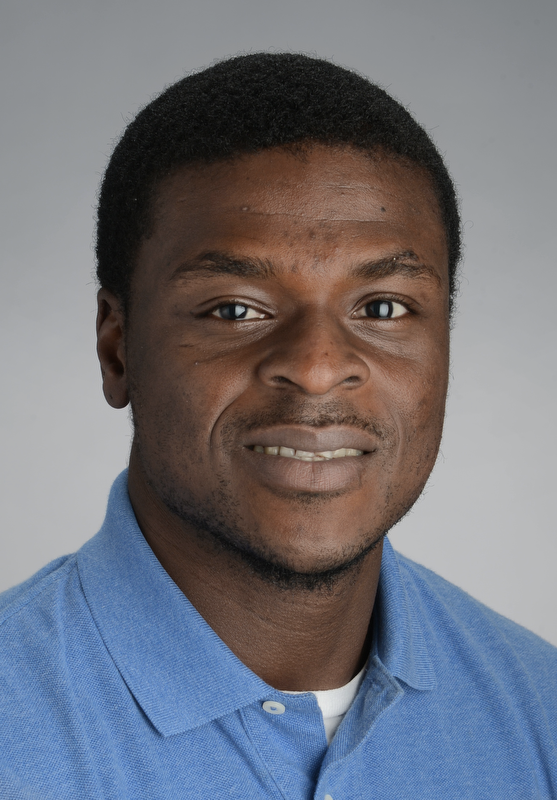 News
News
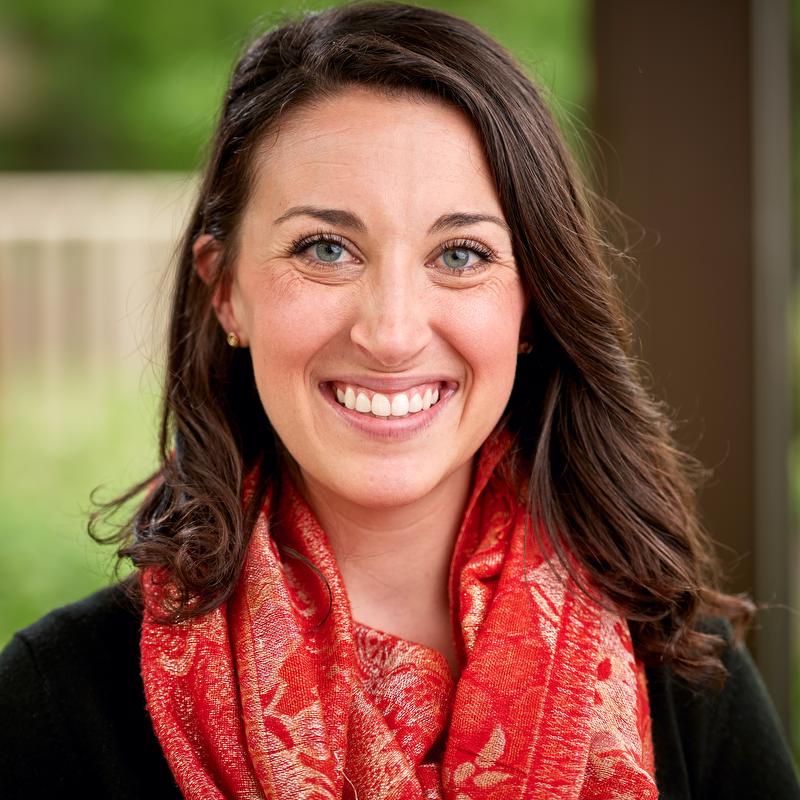 News
News
 News
News
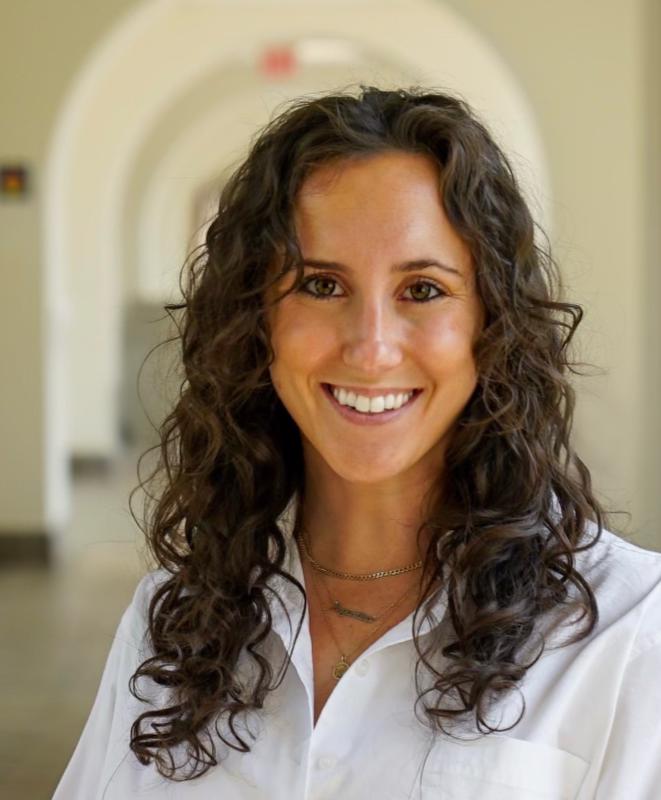 News
News
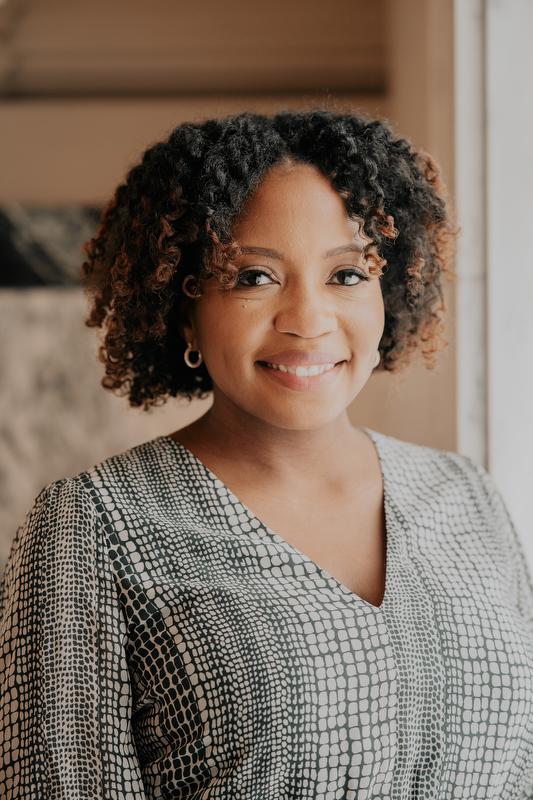 News
News
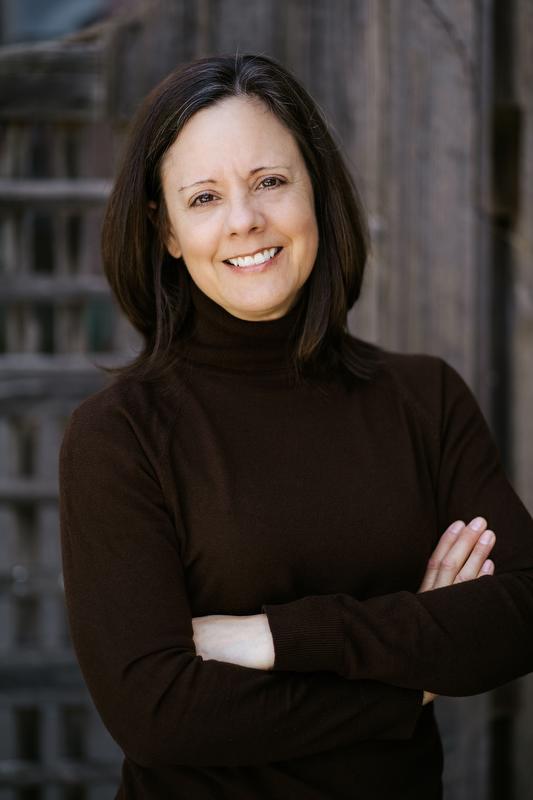 News
News
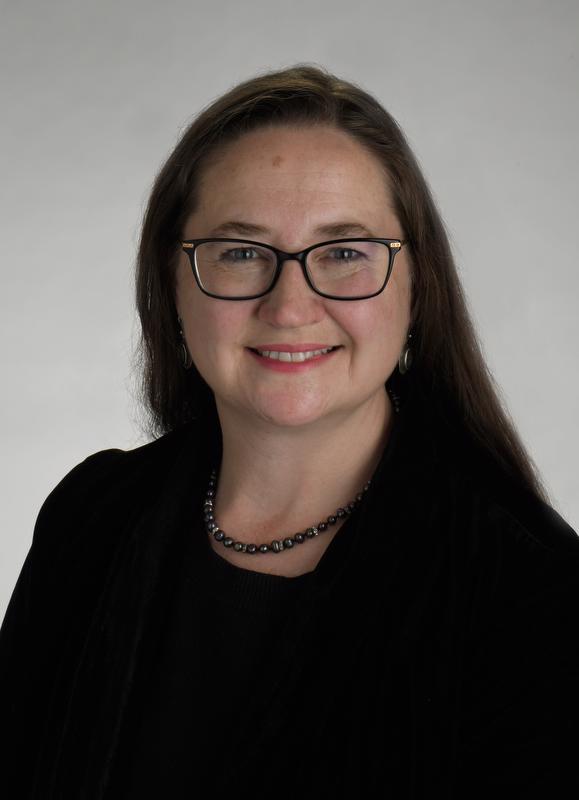 News
News
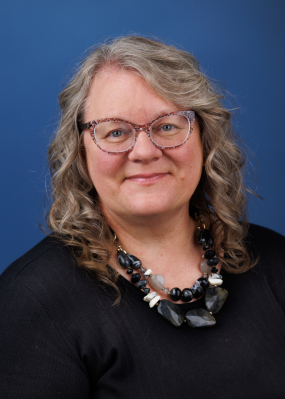 Funded Projects · News
Funded Projects · News
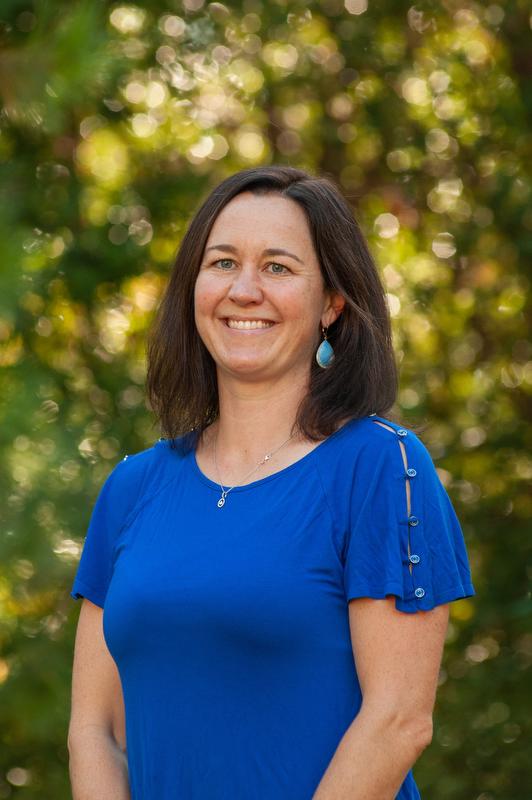 Funded Projects · News
Funded Projects · News
 KL2 Scholar · News
KL2 Scholar · News
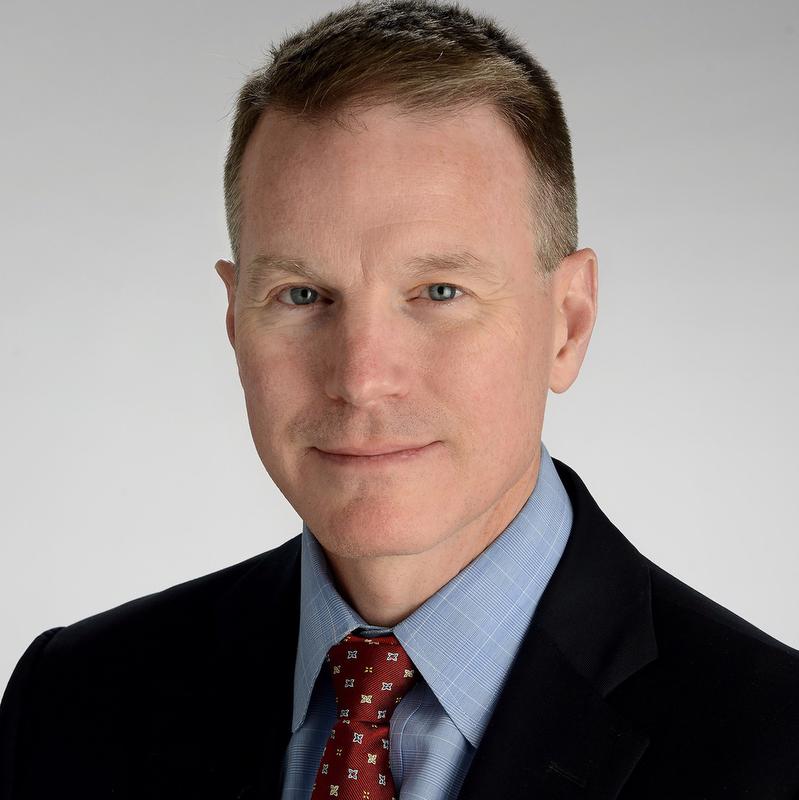 In the Community
In the Community
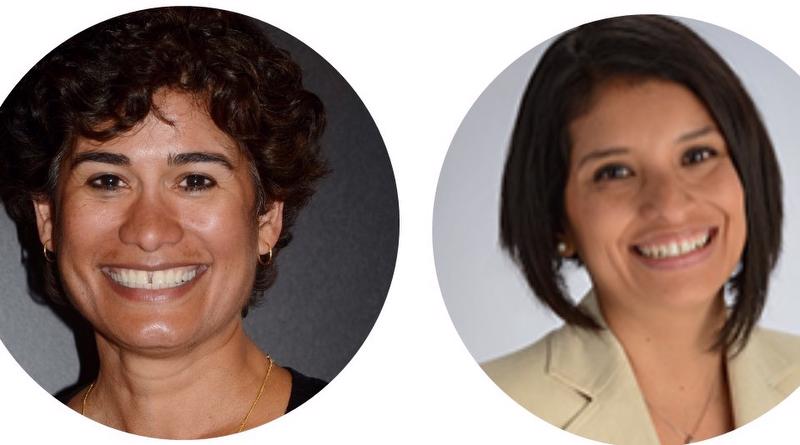 Funded Projects · In the Community
Funded Projects · In the Community
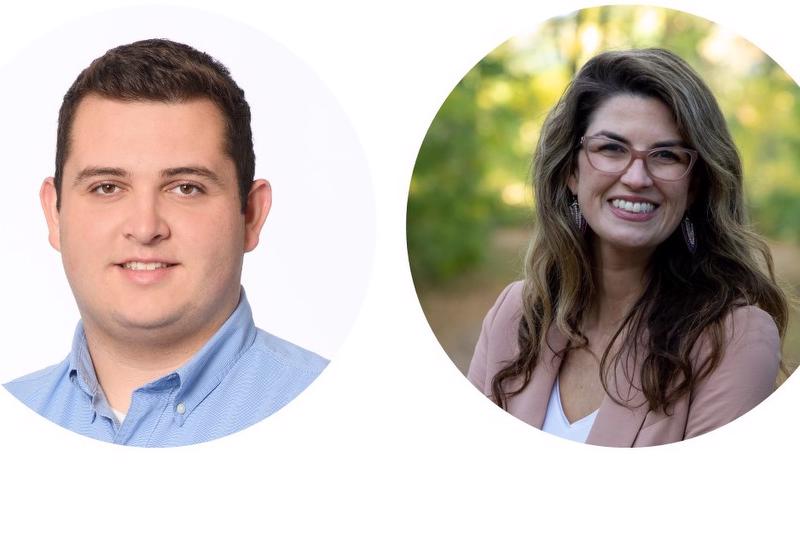 In the Community
In the Community
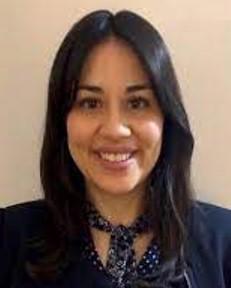 KL2 Scholar · News
KL2 Scholar · News
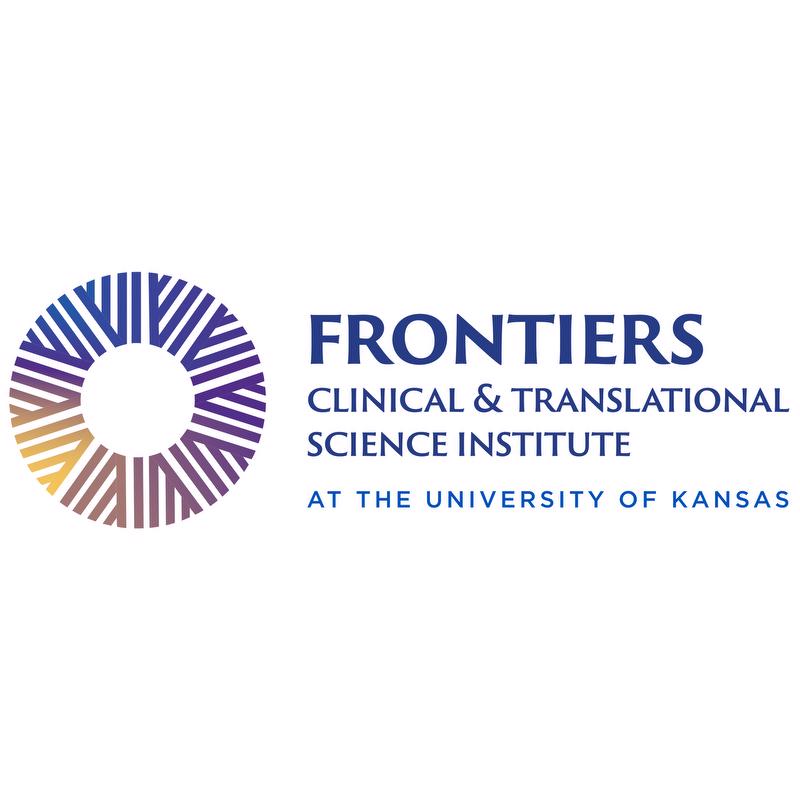 News
News
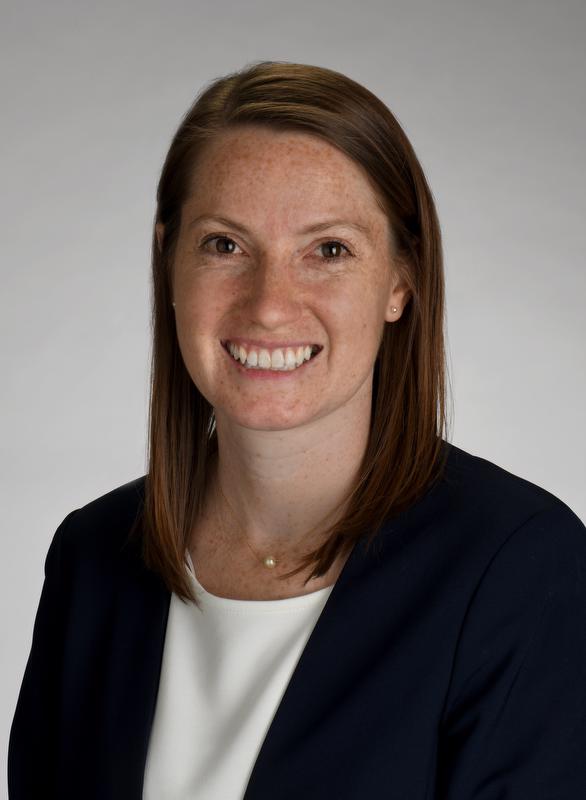 KL2 Scholar
KL2 Scholar
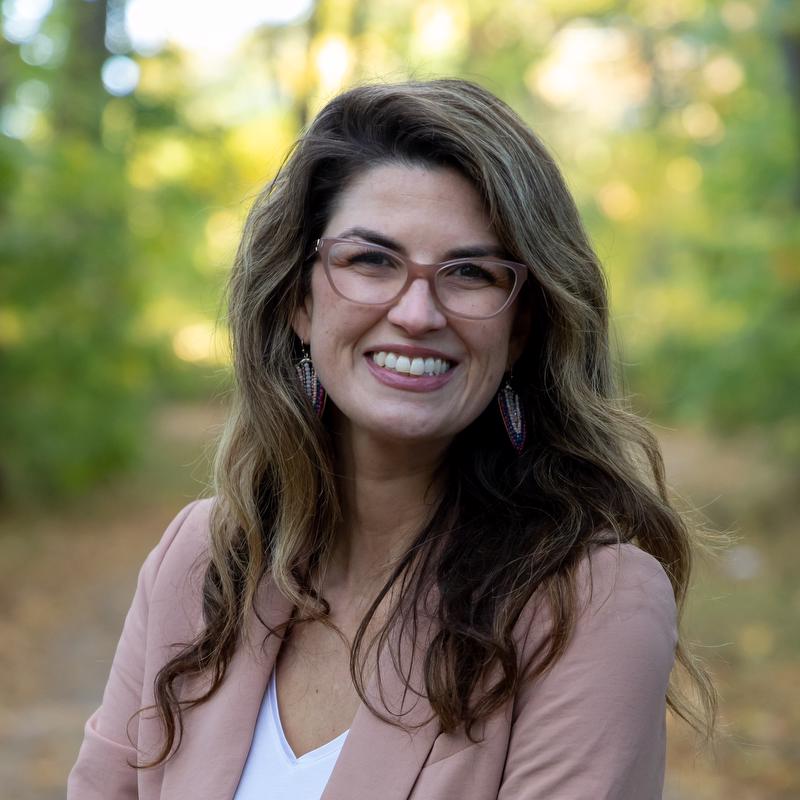 News
News
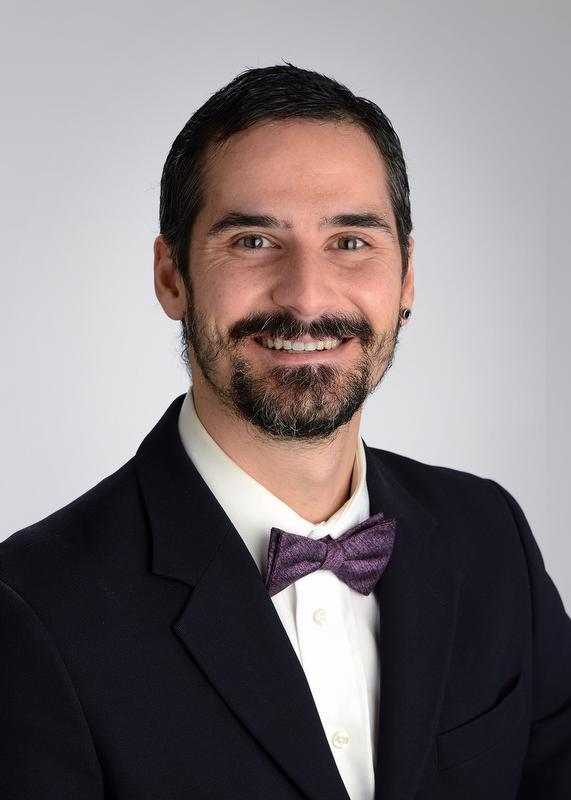 News
News
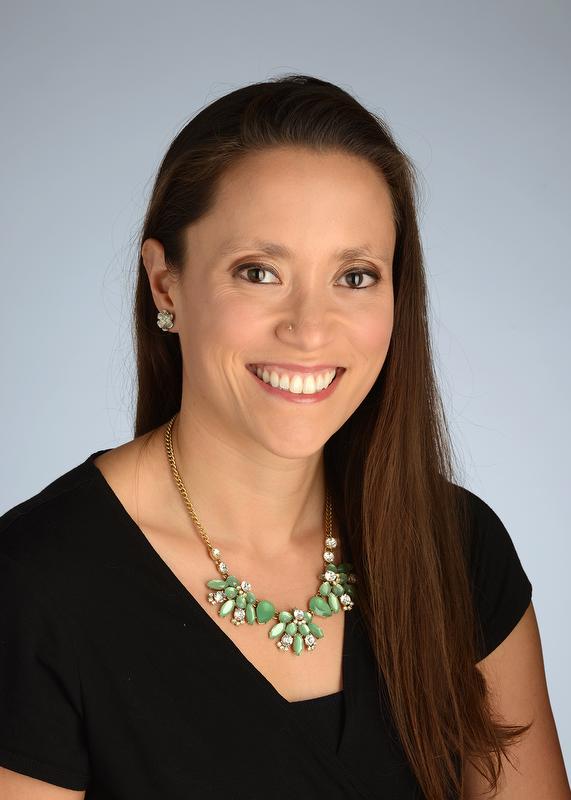 News
News
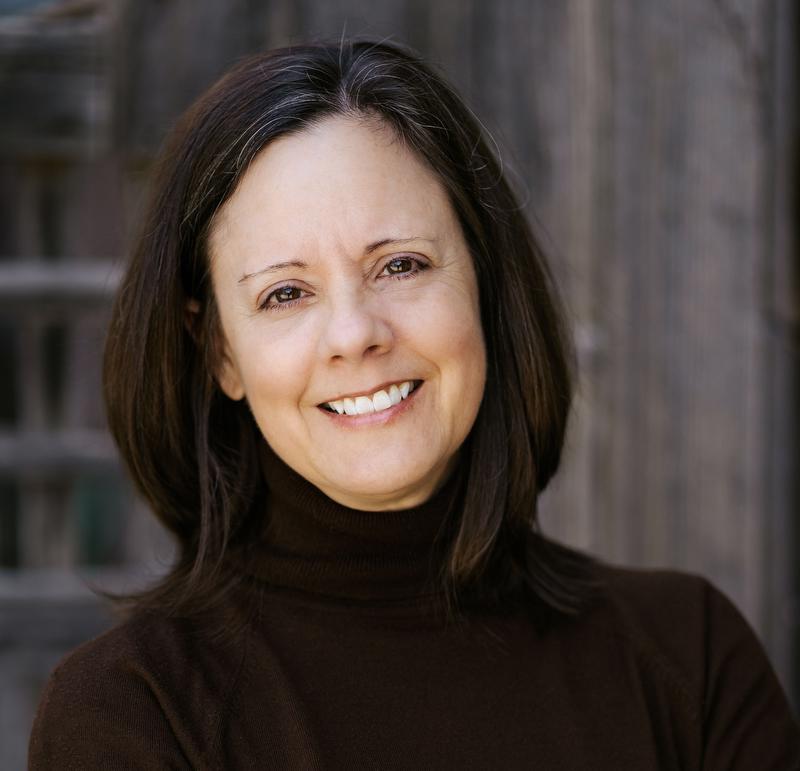 KL2 Scholar · News
KL2 Scholar · News
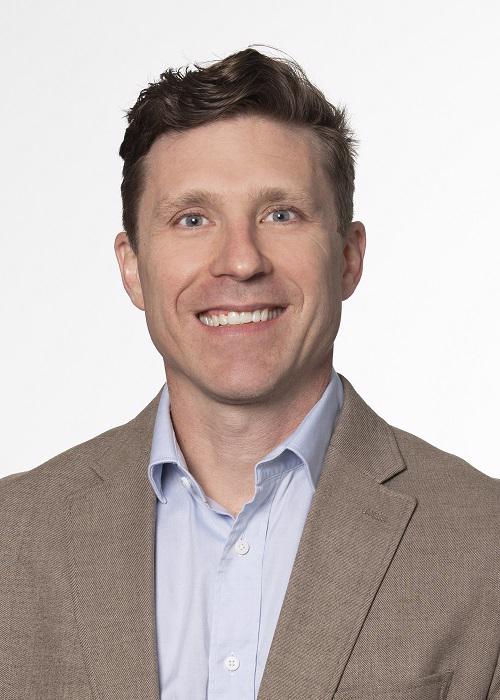 News
News
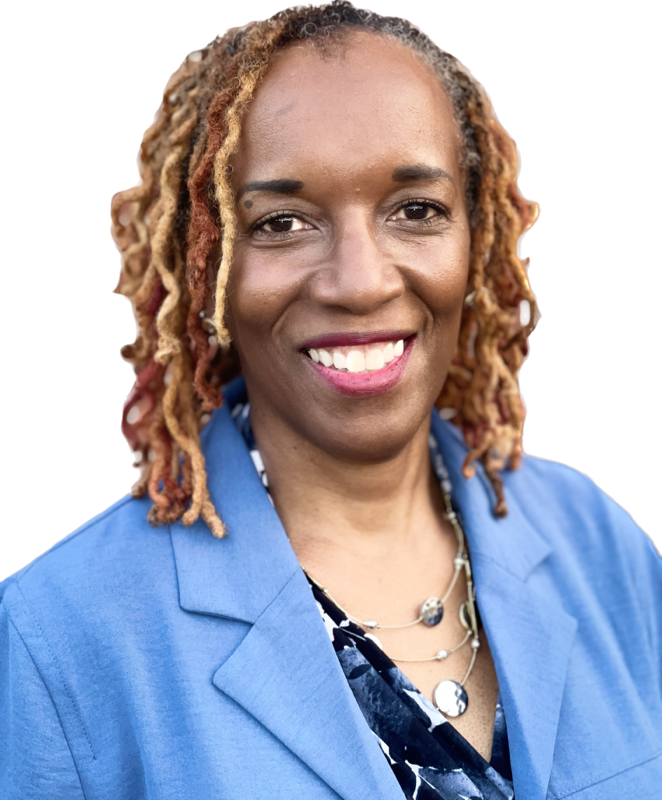 News · In the Community · Funded Projects
News · In the Community · Funded Projects
 Funded Projects · News
Funded Projects · News
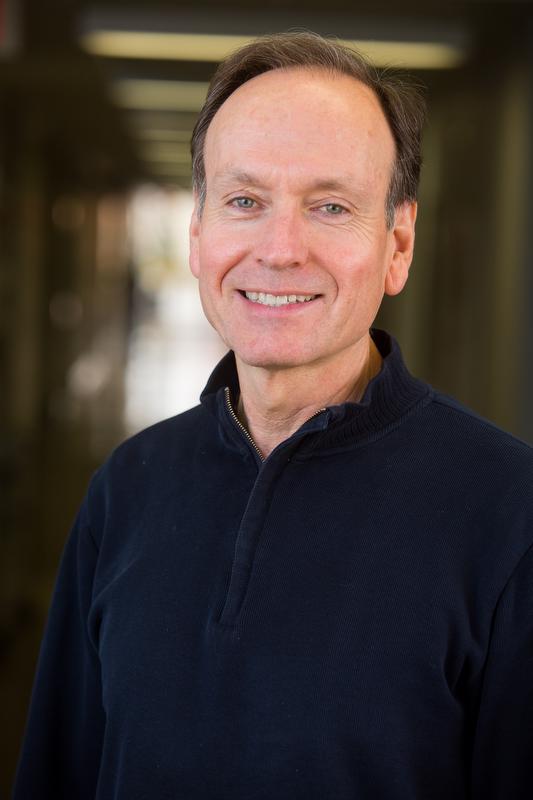 Funded Projects · News
Funded Projects · News
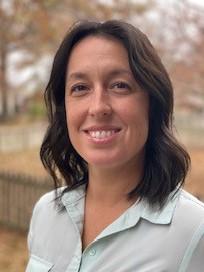 Funded Projects · News
Funded Projects · News
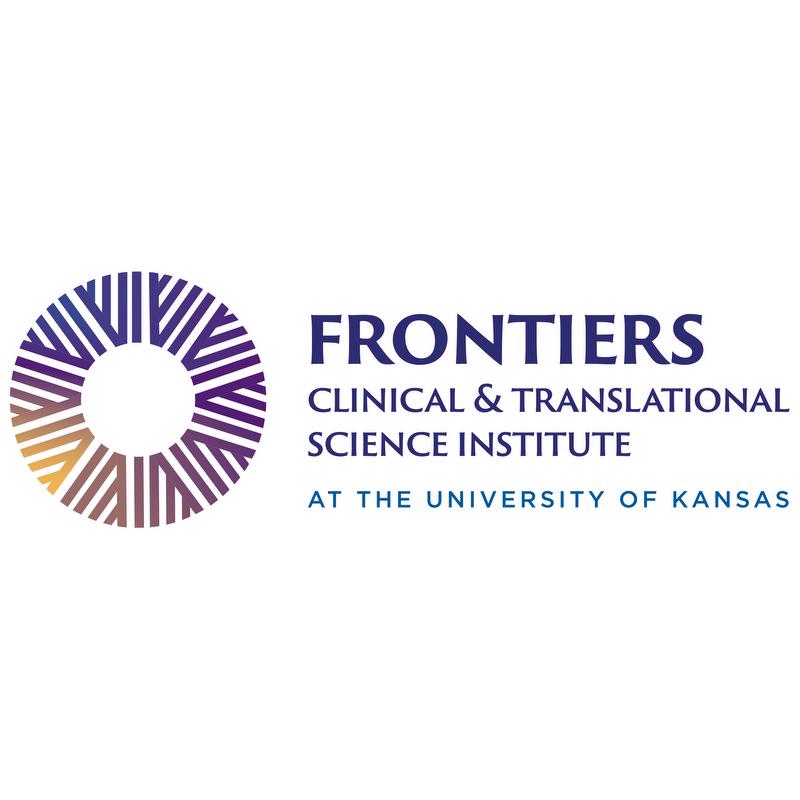 Funded Projects · News
Funded Projects · News
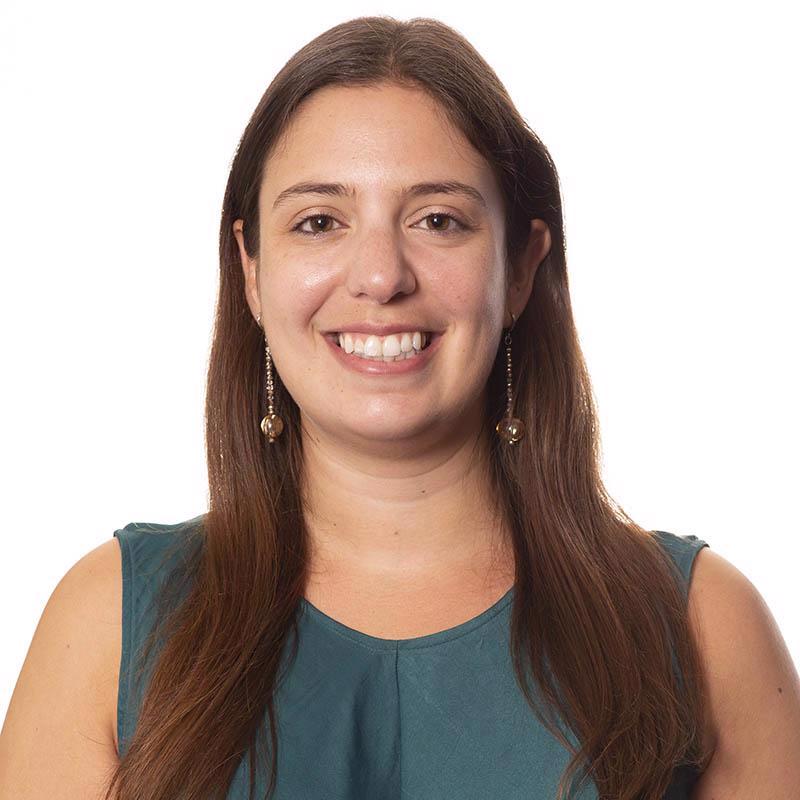 News
News
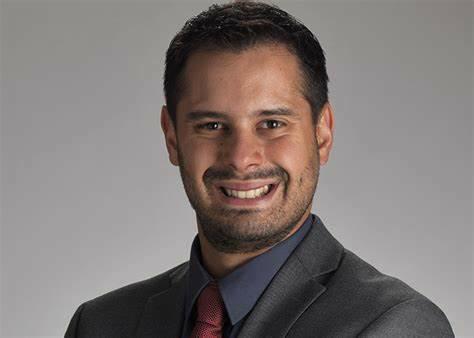 News
News
 Funded Projects · News
Funded Projects · News

 TL1 Trainee · News
TL1 Trainee · News
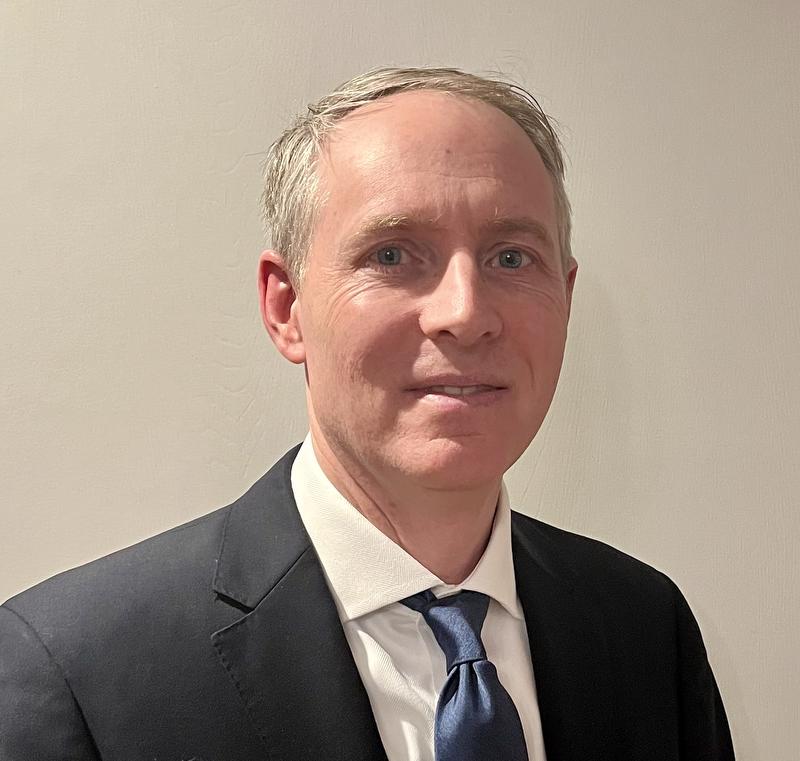 Funded Projects · News
Funded Projects · News
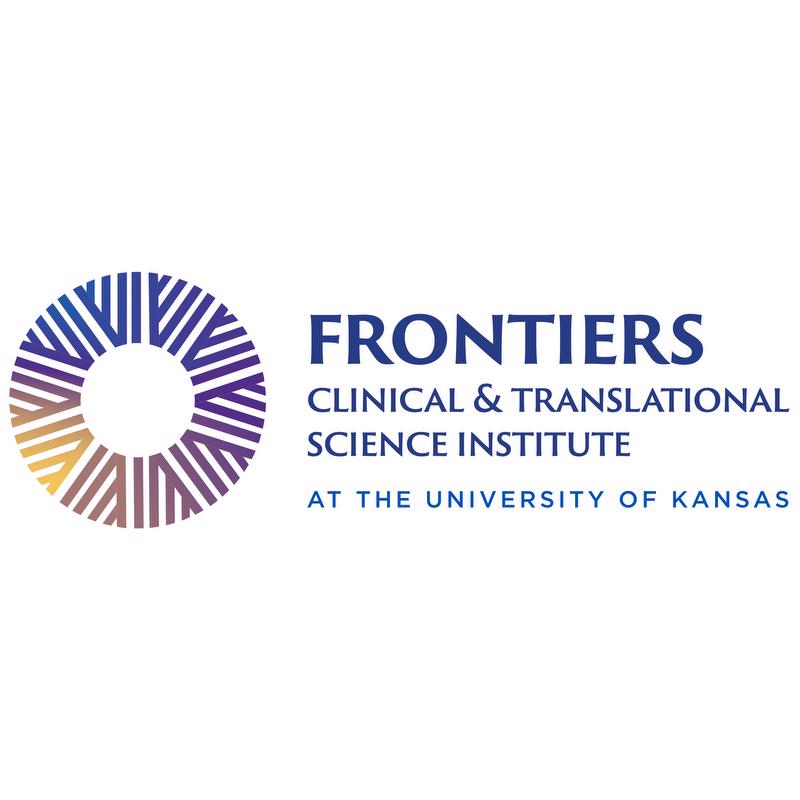 Events · News
Events · News
 Funded Projects · News
Funded Projects · News
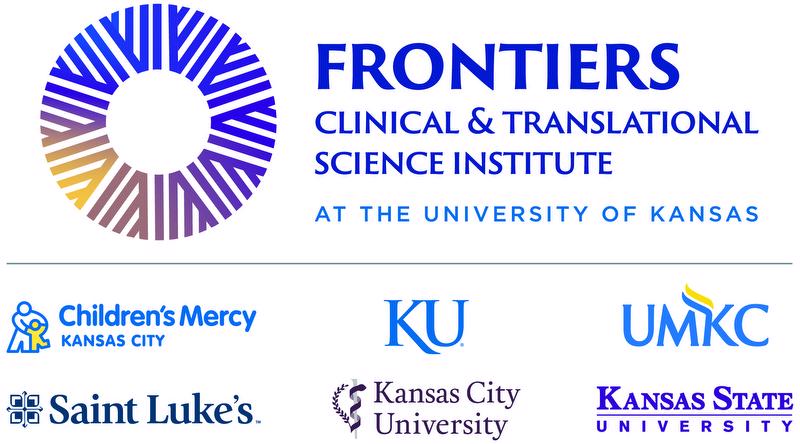
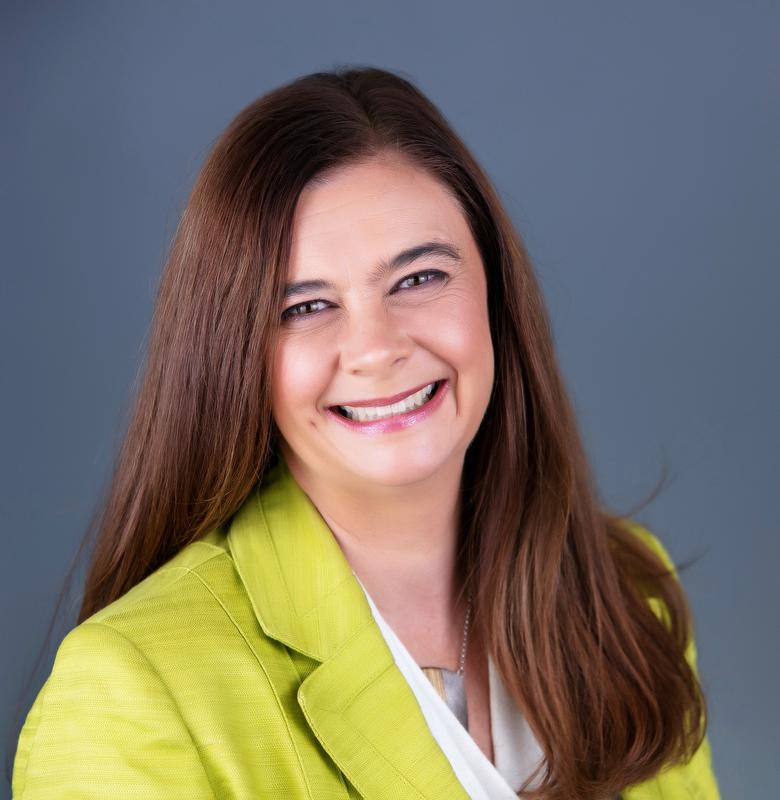 Funded Projects · News
Funded Projects · News
 News
News
 TL1 Trainee · News
TL1 Trainee · News
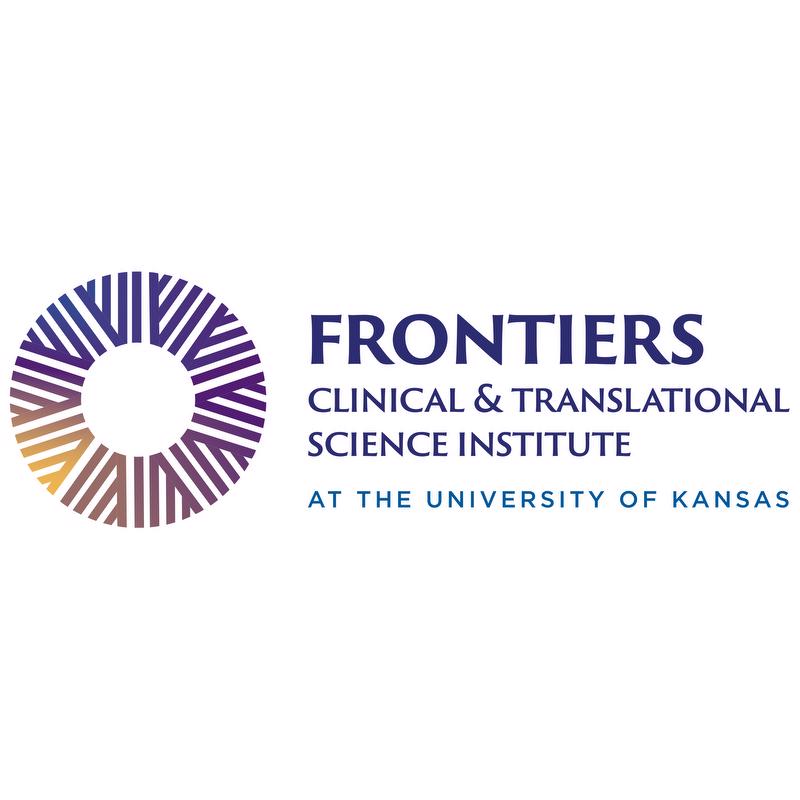 News · In the Community · Funded Projects
News · In the Community · Funded Projects
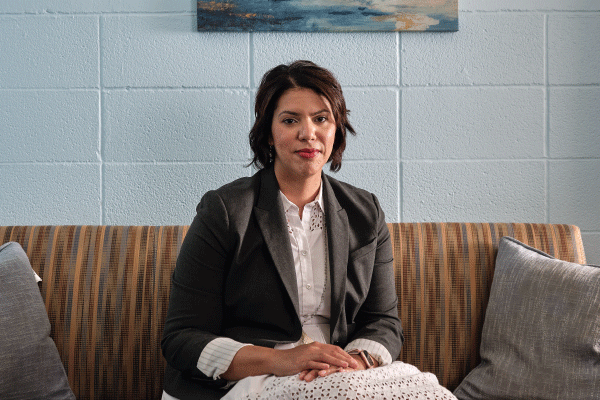 Funded Projects · News
Funded Projects · News
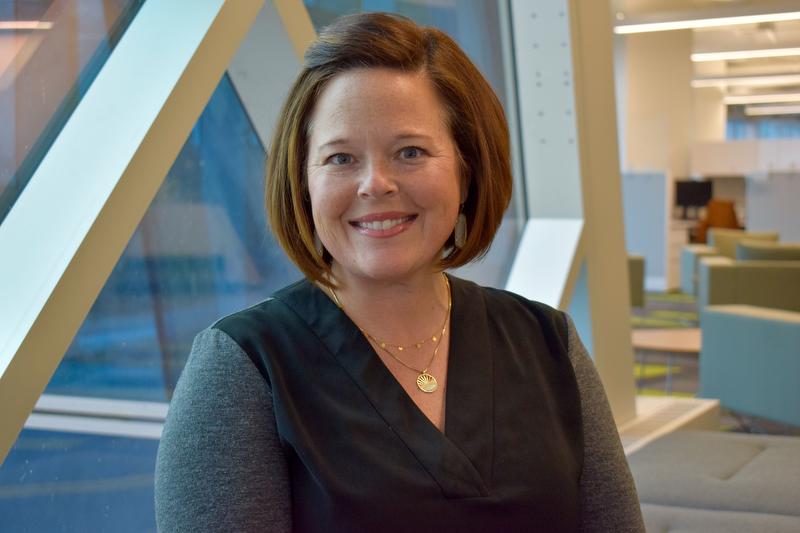 KL2 Scholar · News
KL2 Scholar · News
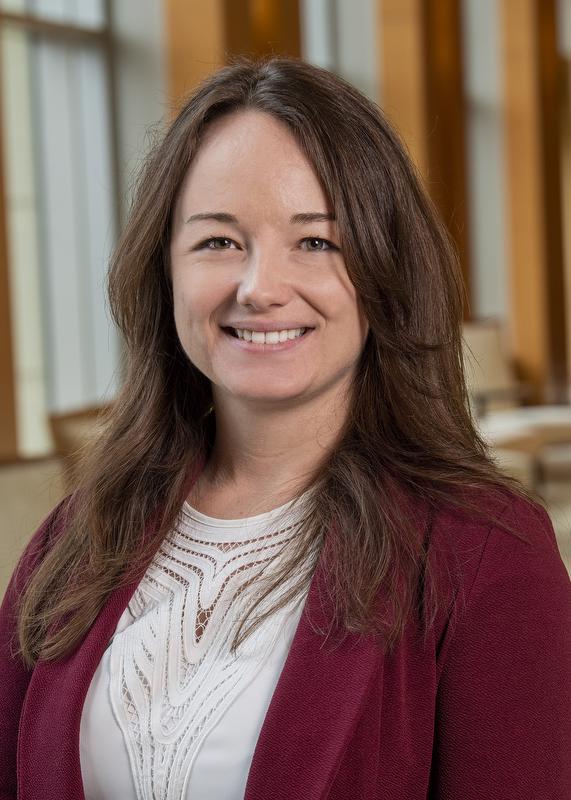 TL1 Trainee · News
TL1 Trainee · News
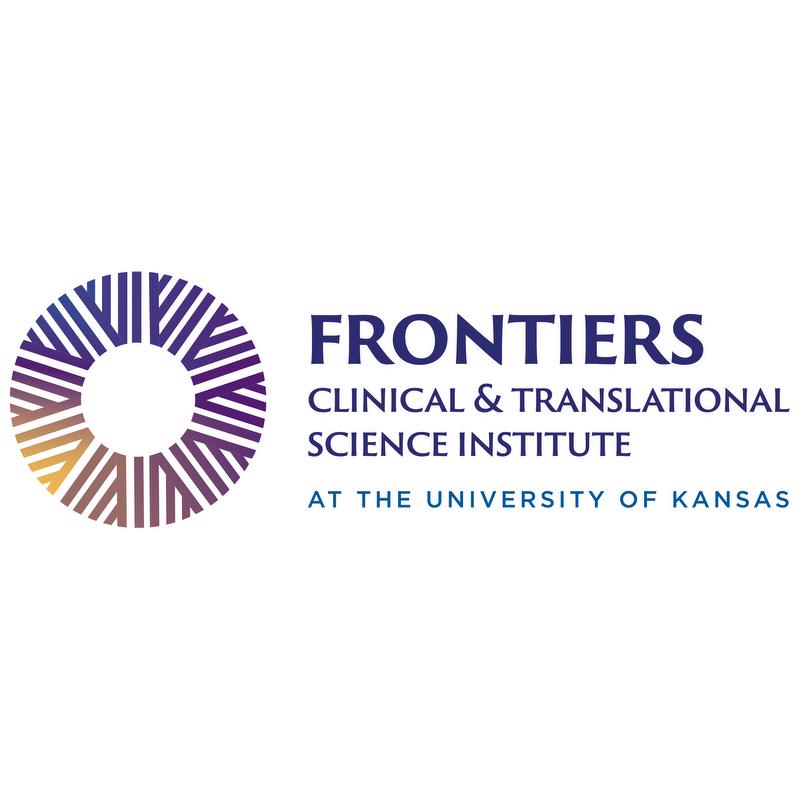 News
News
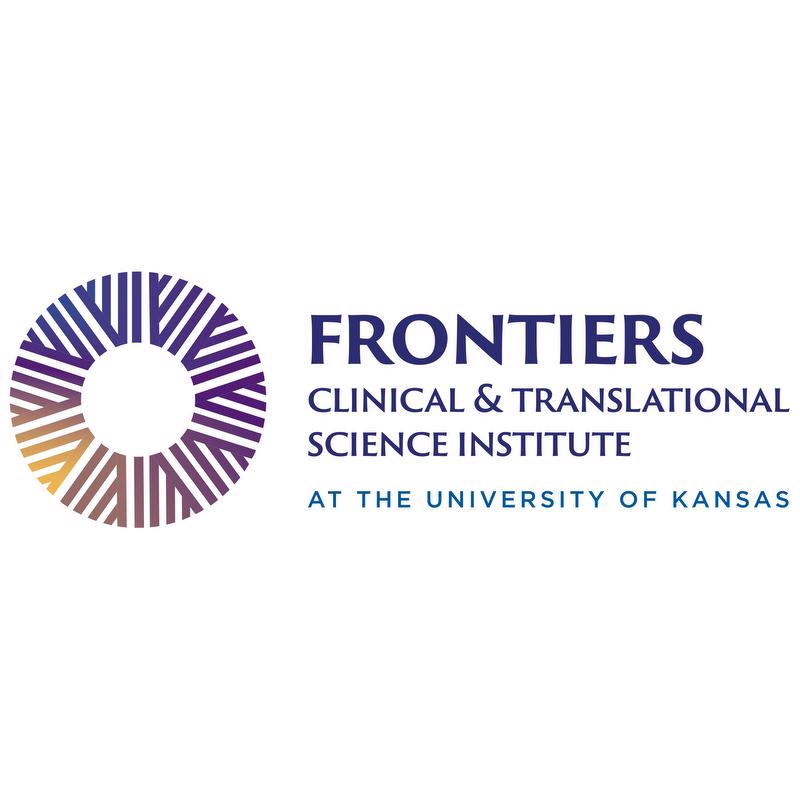 News
News
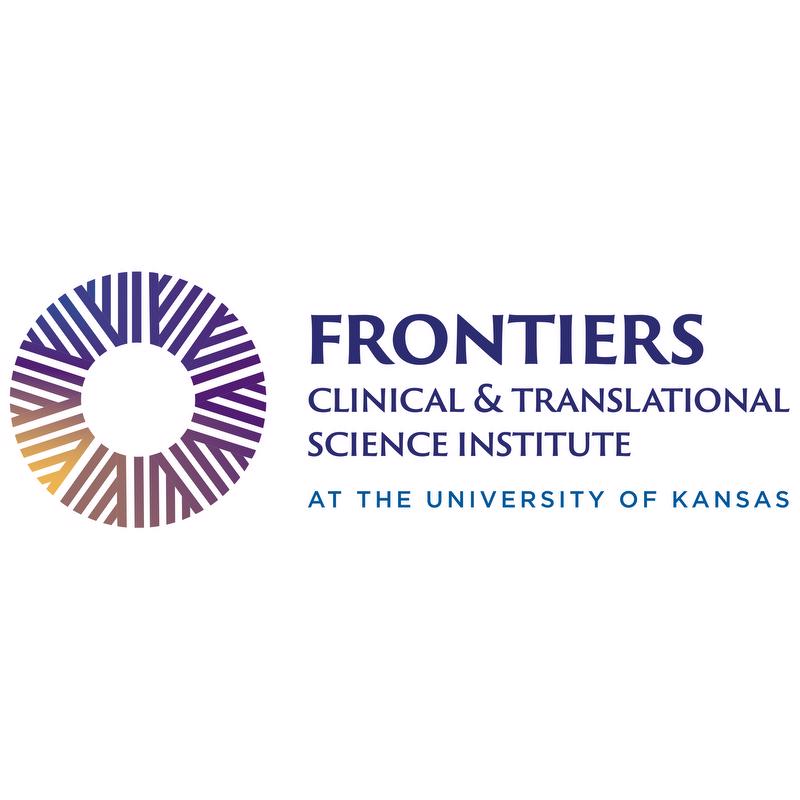 News
News
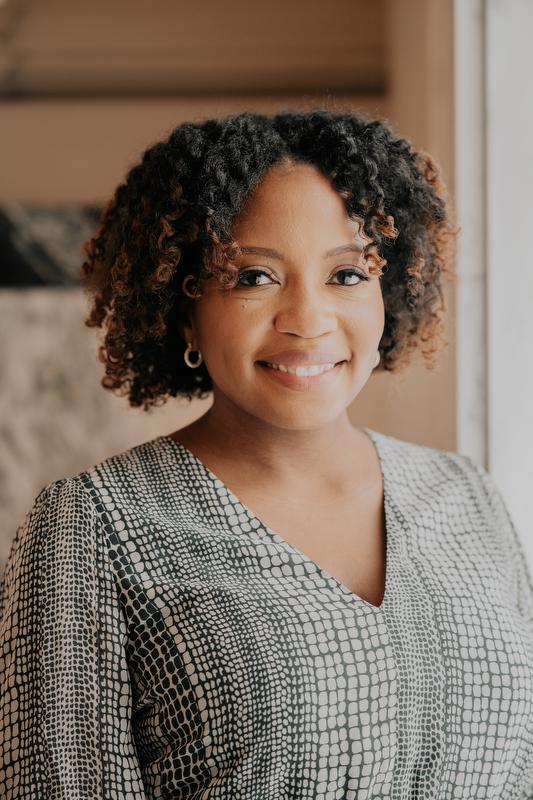 KL2 Scholar · News
KL2 Scholar · News
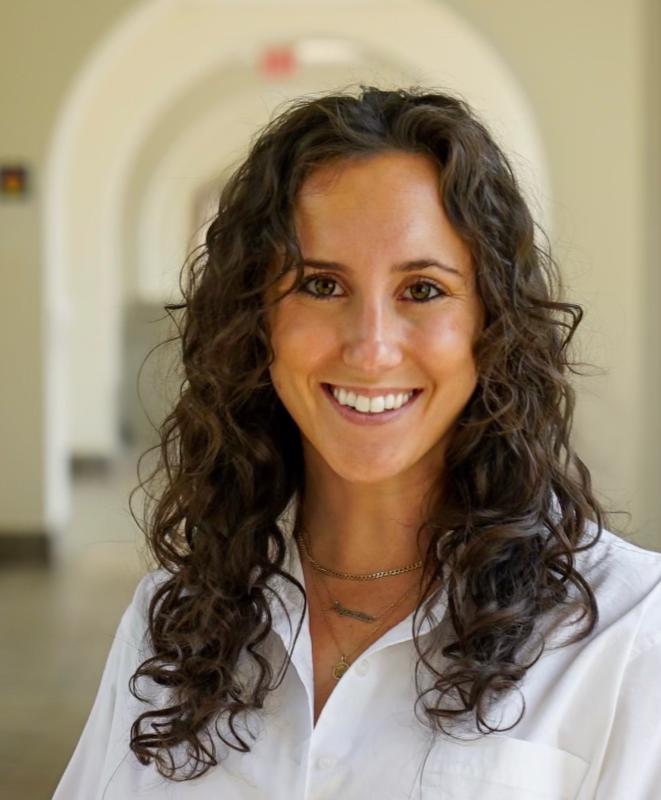 TL1 Trainee · News
TL1 Trainee · News
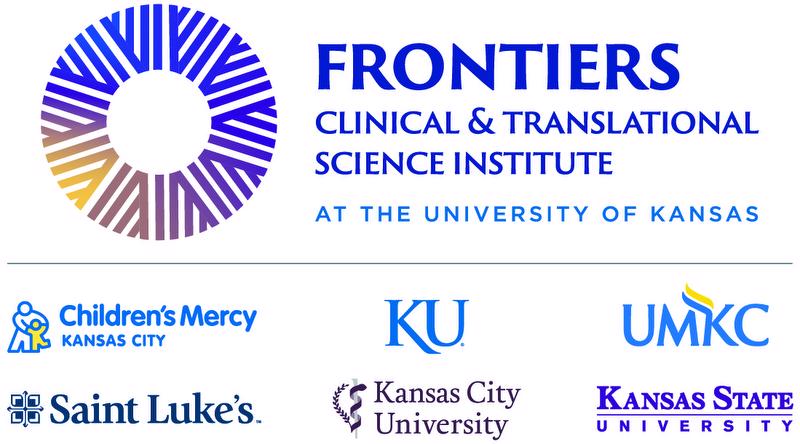 News
News
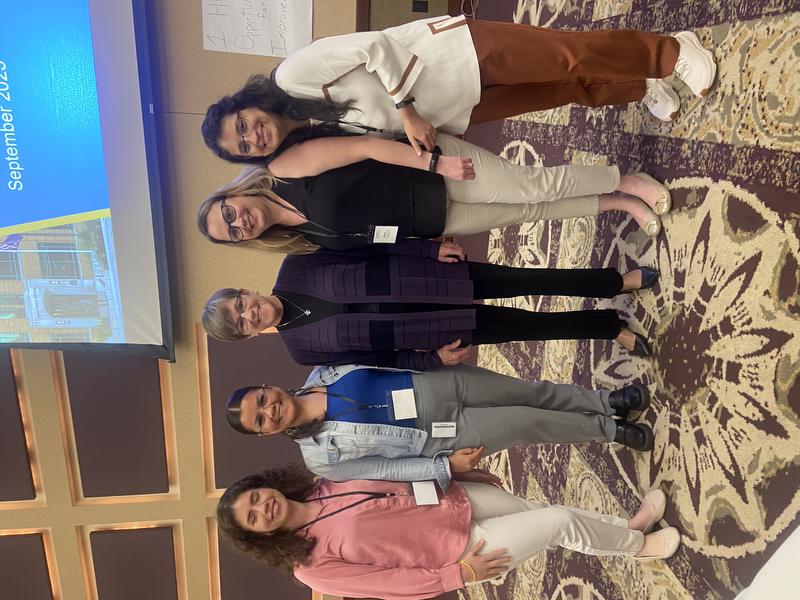 News
News
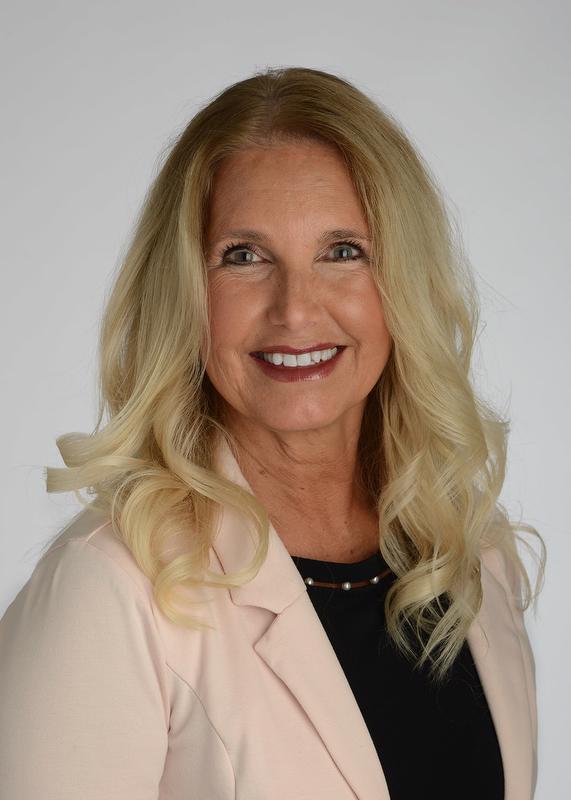 News
News
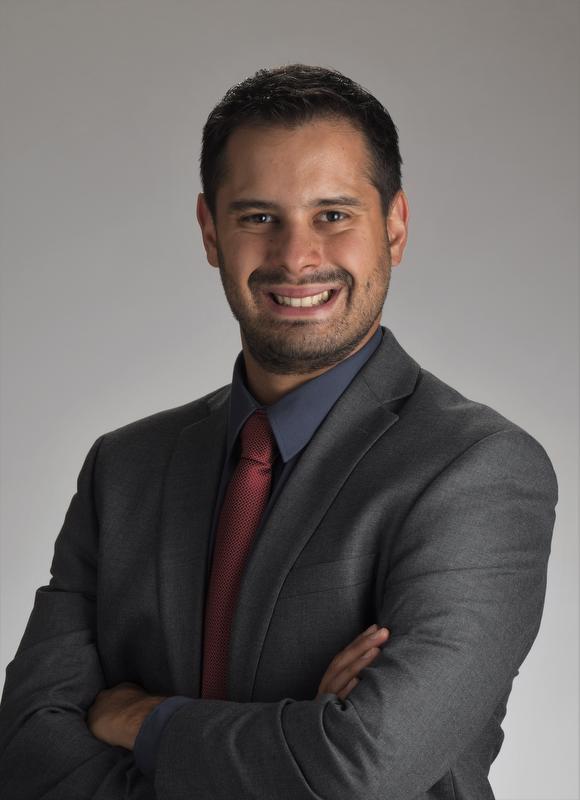 Funded Projects · News
Funded Projects · News
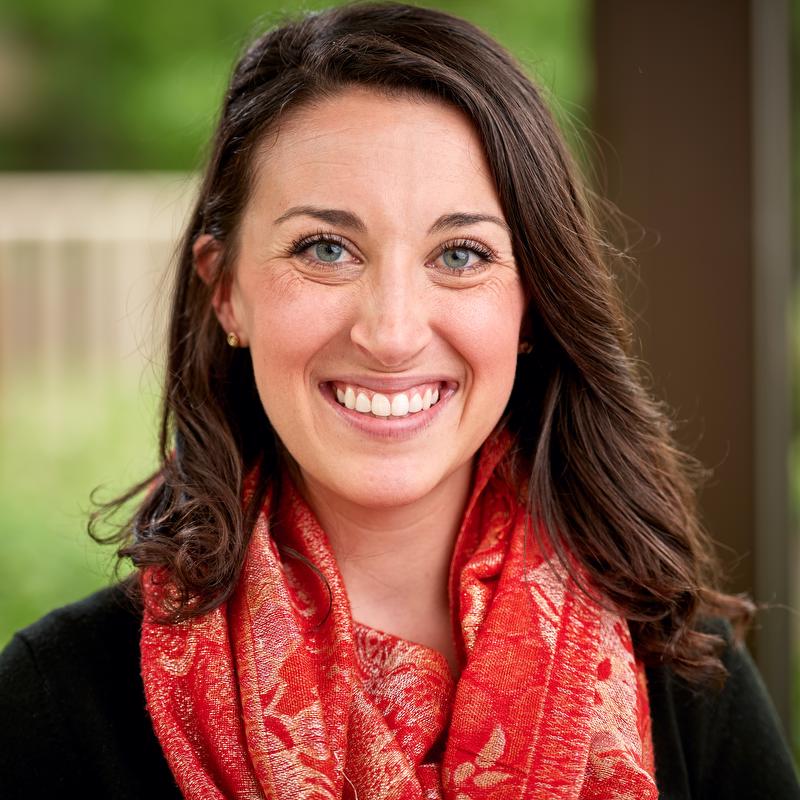 Events · News
Events · News
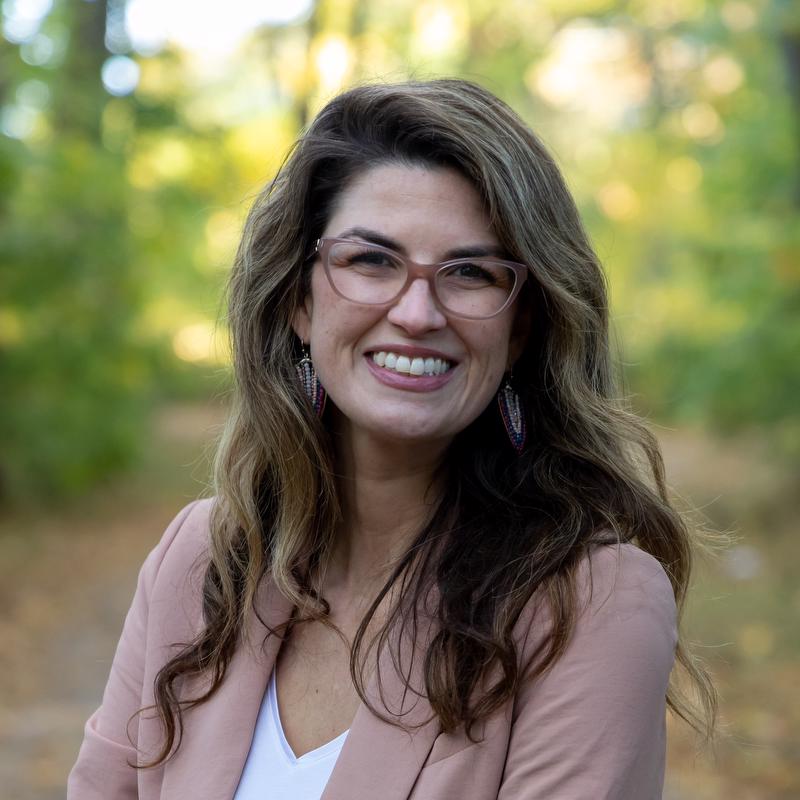
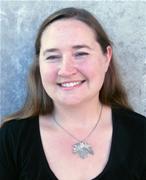 KL2 Scholar · News
KL2 Scholar · News
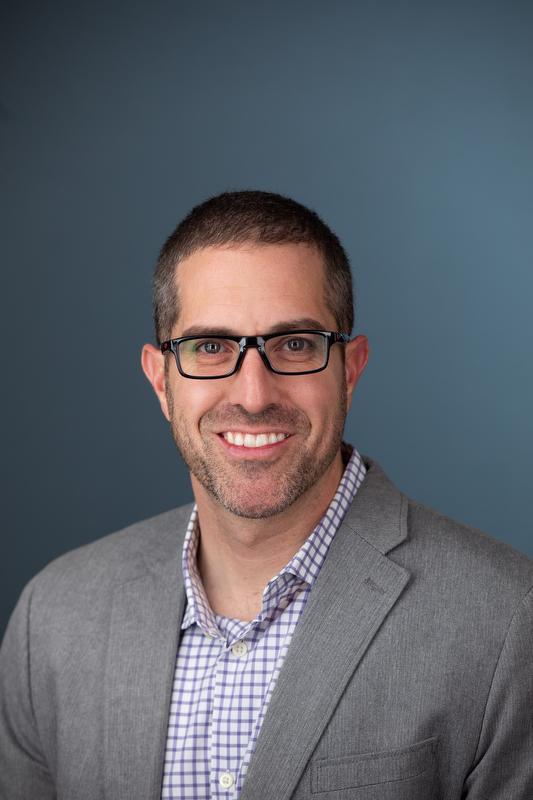 News
News

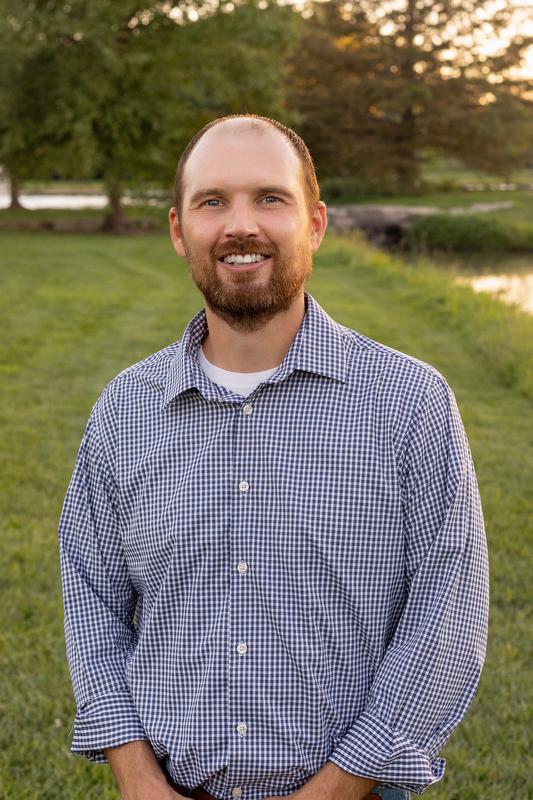 Funded Projects · News
Funded Projects · News
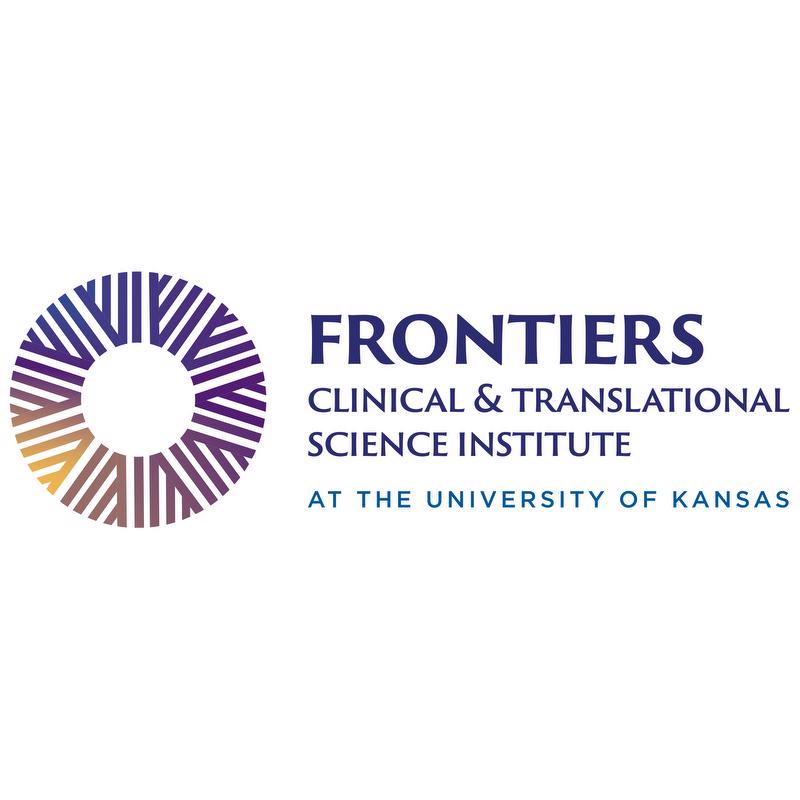 News
News
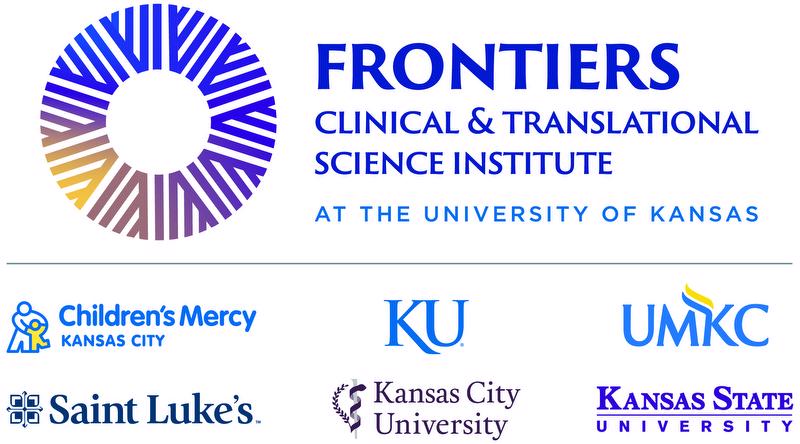 Partner News · News
Partner News · News
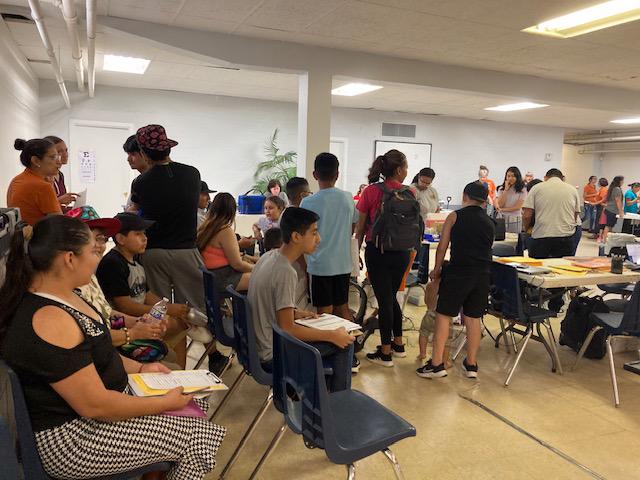 News · In the Community
News · In the Community
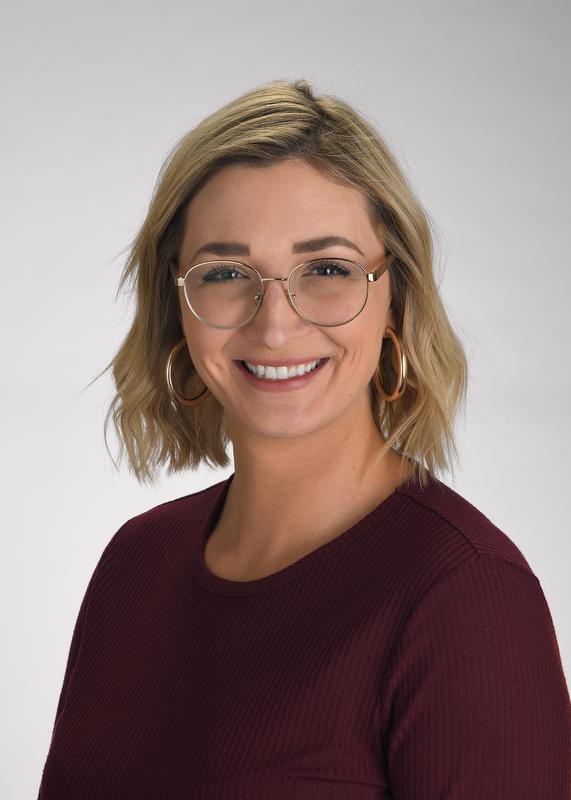
 0
0

 Funded Projects · News
Funded Projects · News
 Funded Projects · News
Funded Projects · News
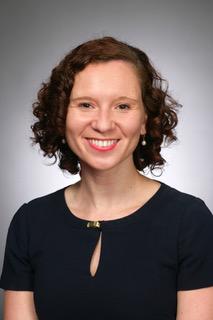 News
News
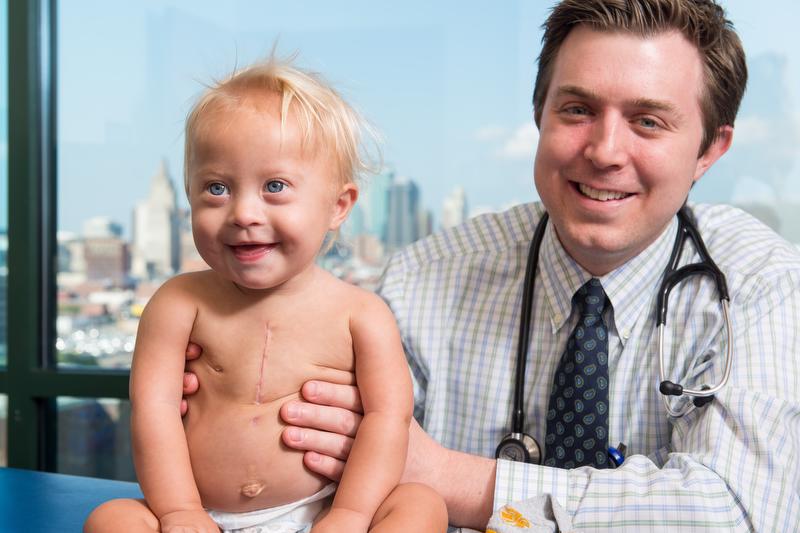 Funded Projects · News
Funded Projects · News
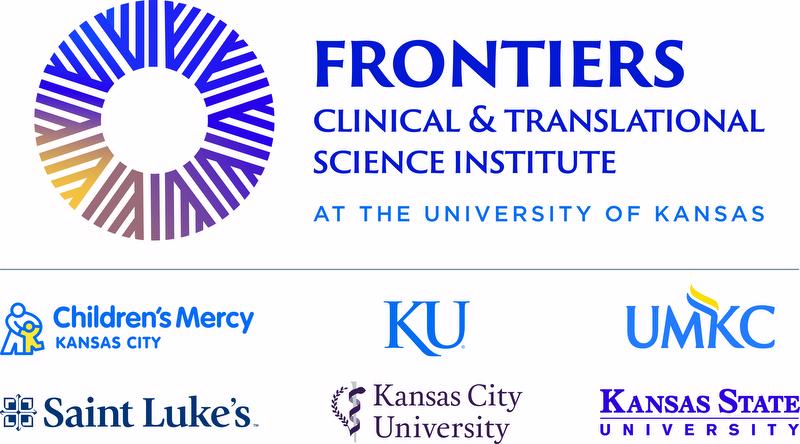 Funded Projects · News
Funded Projects · News
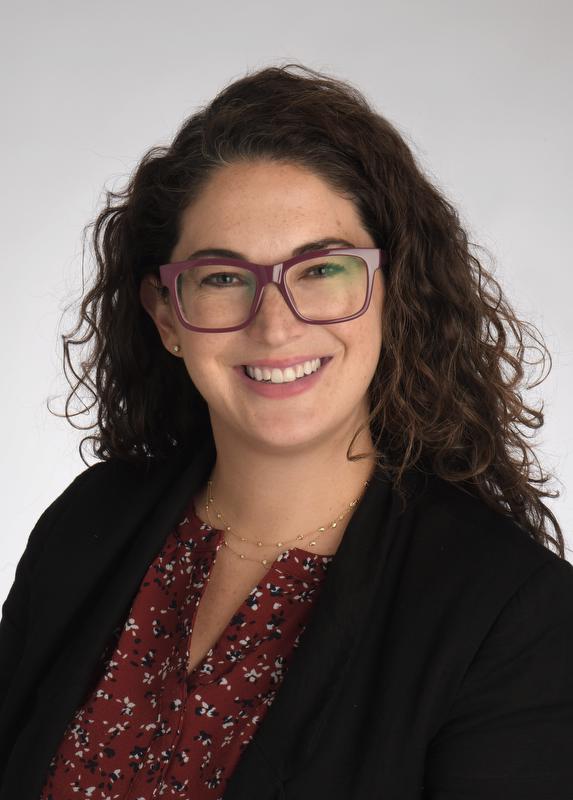 News
News
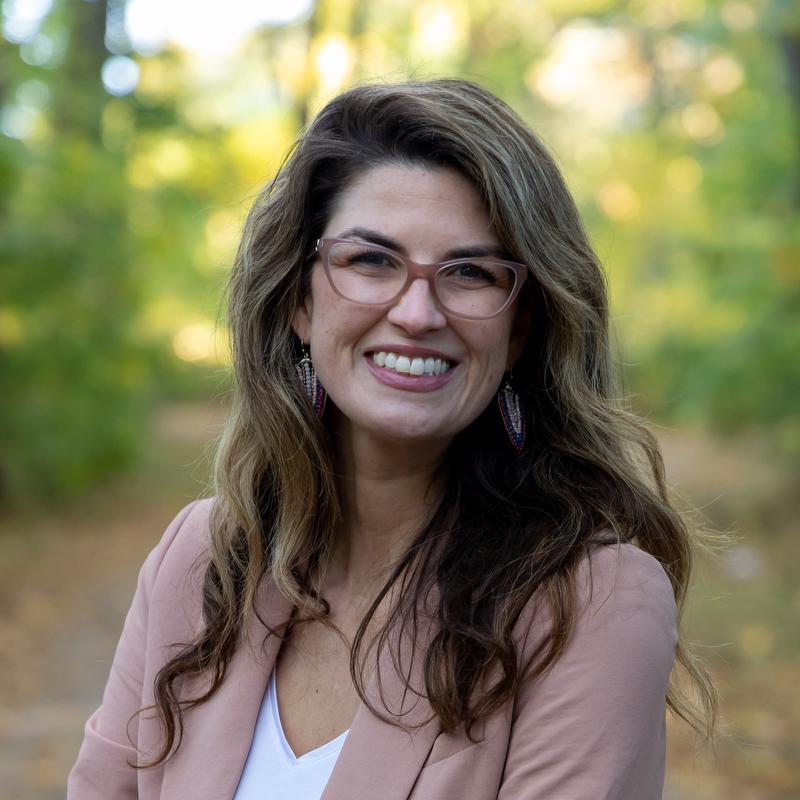 Events · News
Events · News
 TL1 Trainee · News
TL1 Trainee · News
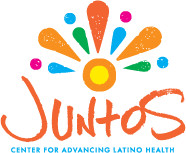 News · In the Community · Events
News · In the Community · Events
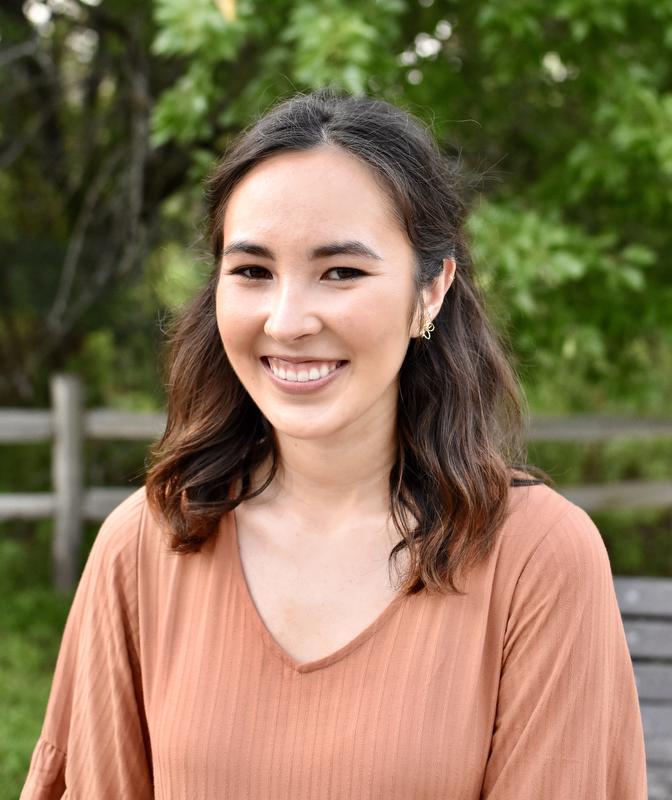 TL1 Trainee · News
TL1 Trainee · News
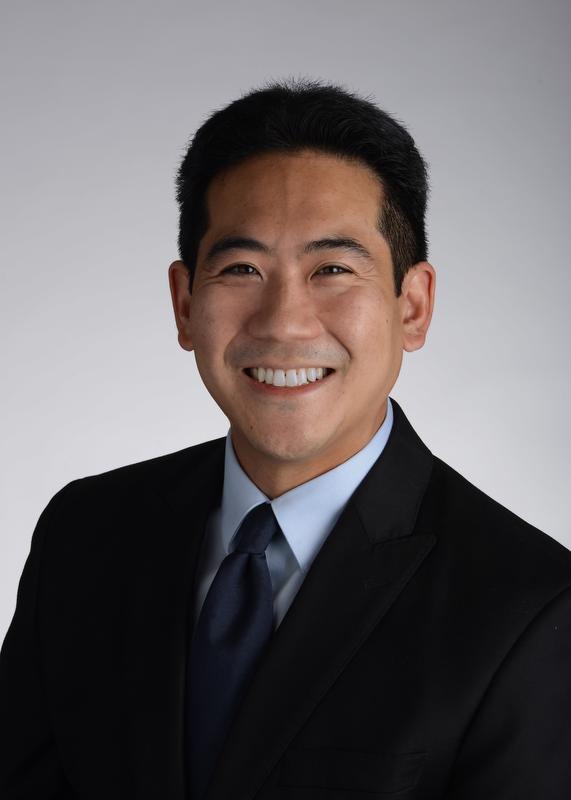 News
News
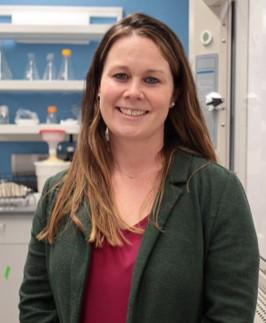 Funded Projects · News
Funded Projects · News
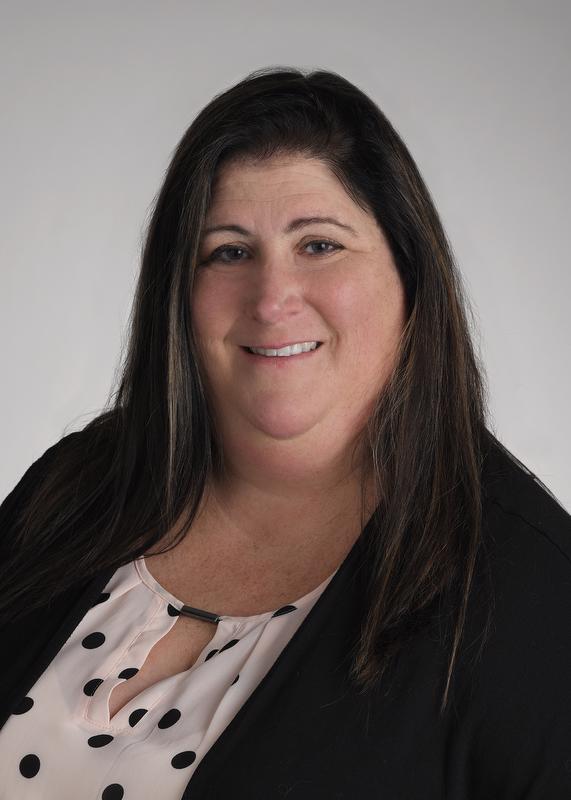 News
News
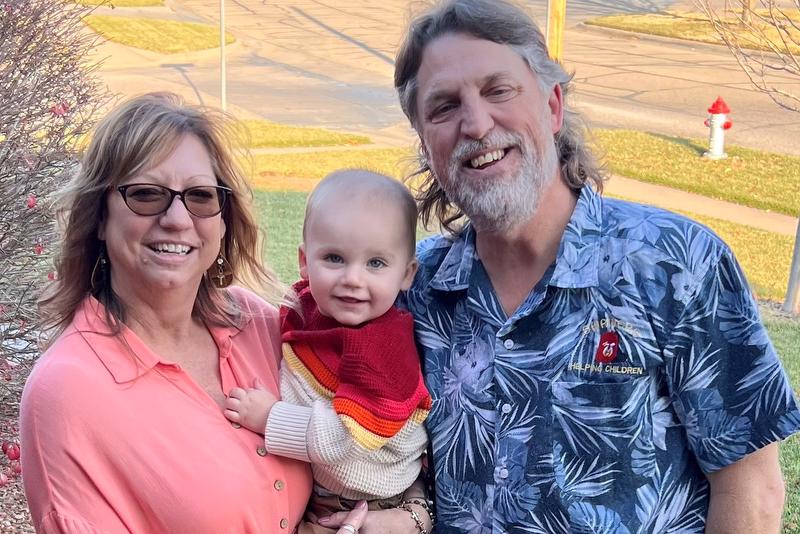 Partner News · News
Partner News · News
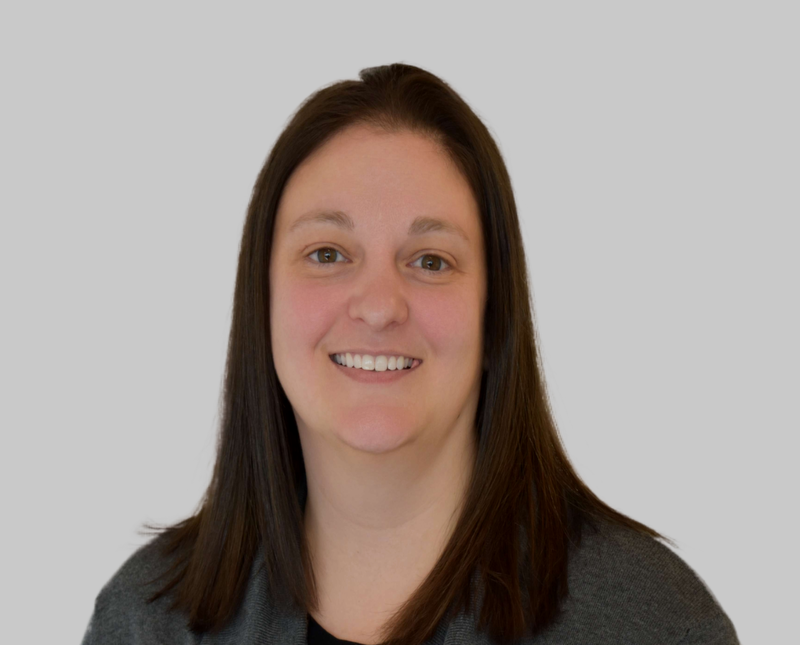 TL1 Trainee · News
TL1 Trainee · News
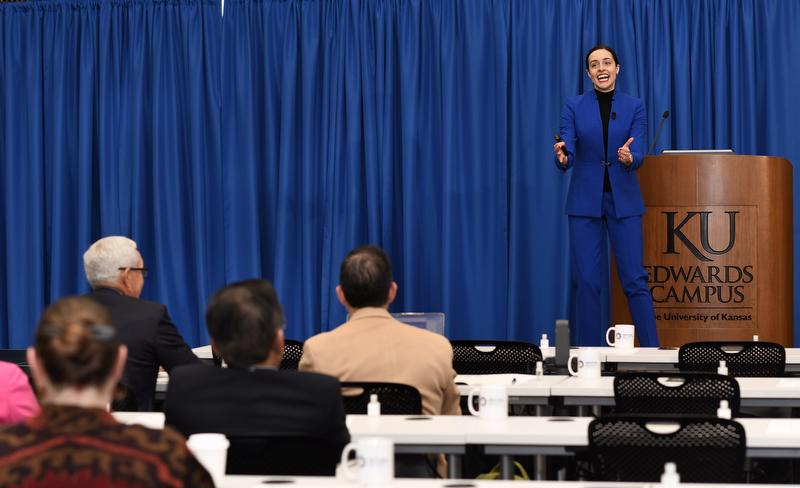 Events · News
Events · News
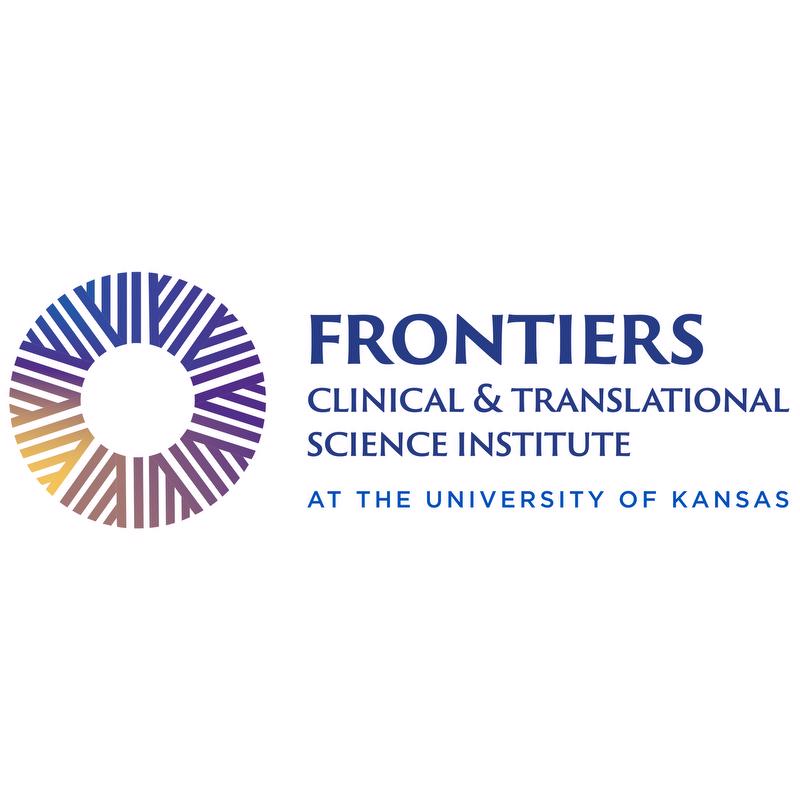 News · In the Community
News · In the Community
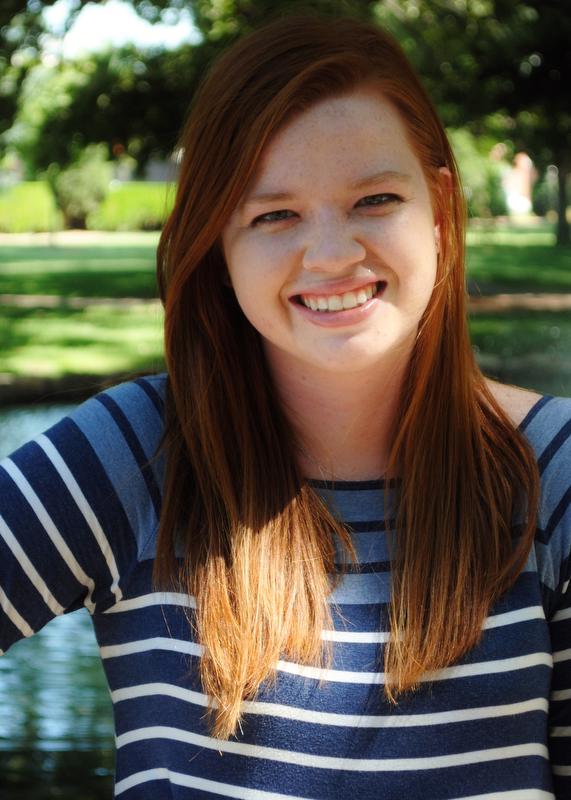 KL2 Scholar · News
KL2 Scholar · News
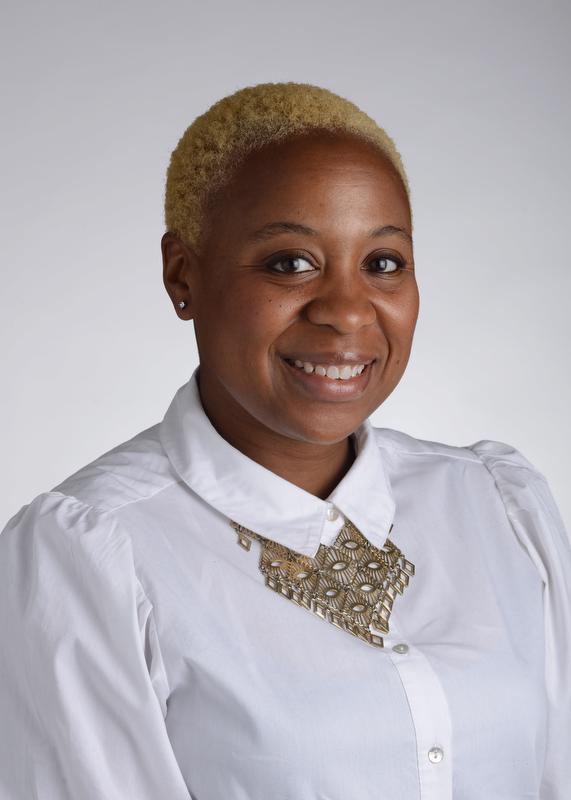 News
News
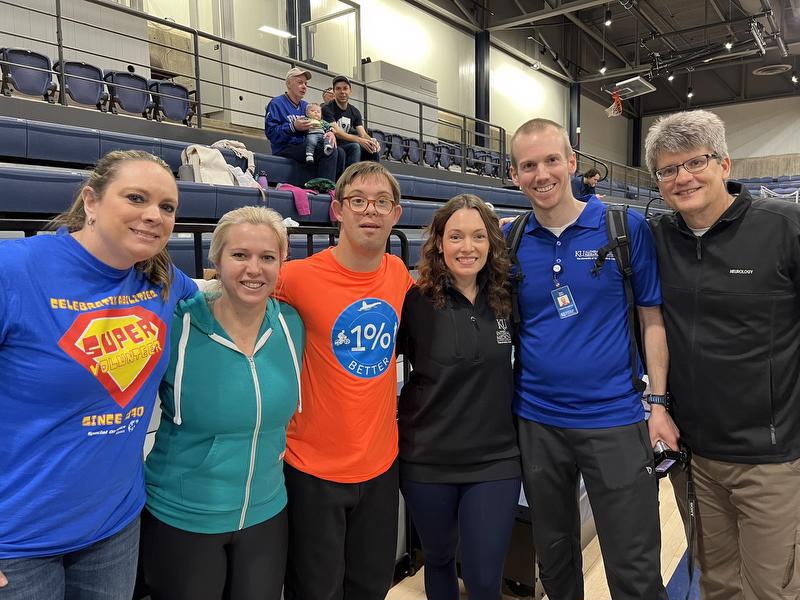 TL1 Trainee · News
TL1 Trainee · News
 News · KL2 Scholar
News · KL2 Scholar
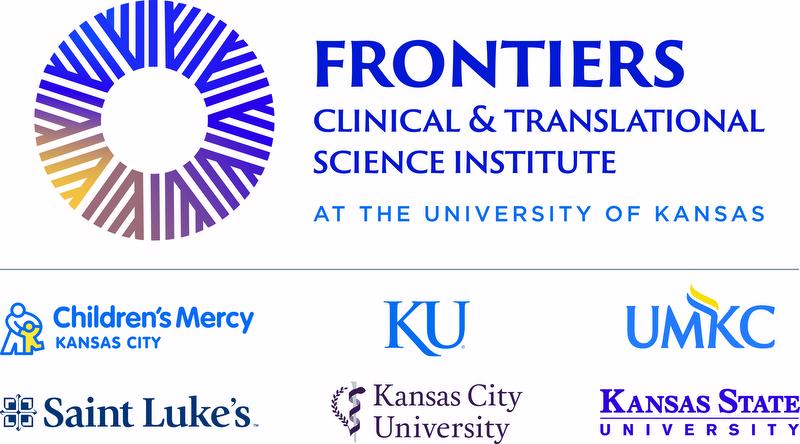
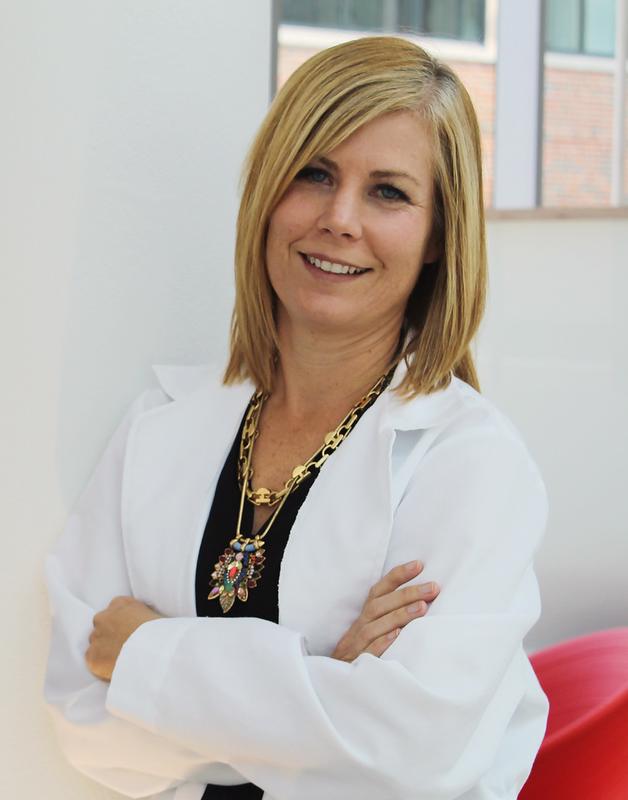 TL1 Trainee · News
TL1 Trainee · News
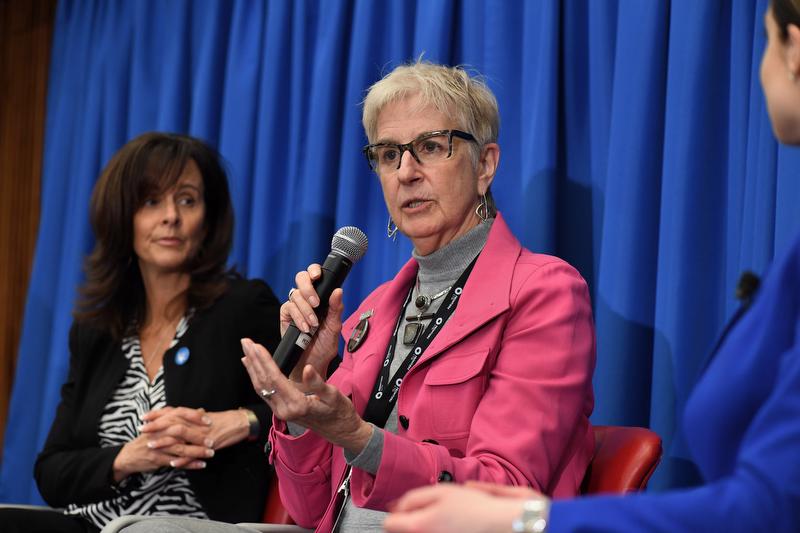 Events · News
Events · News
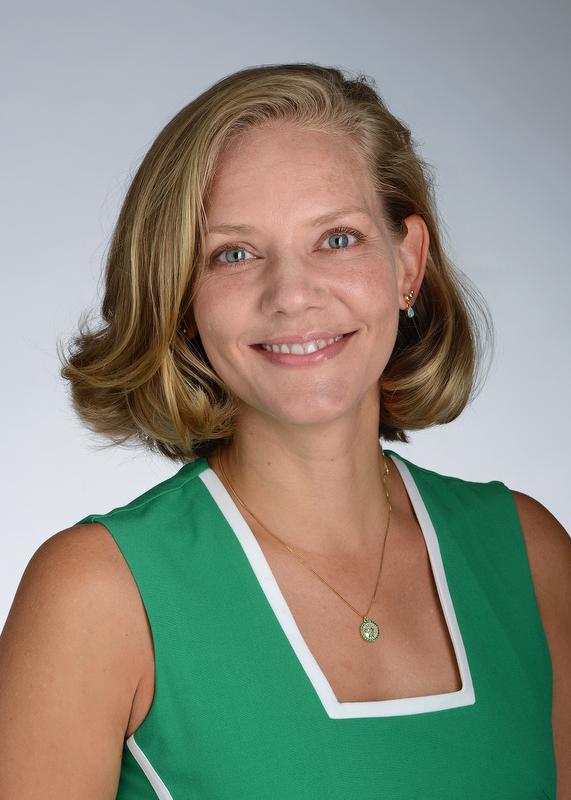 News
News
 News
News
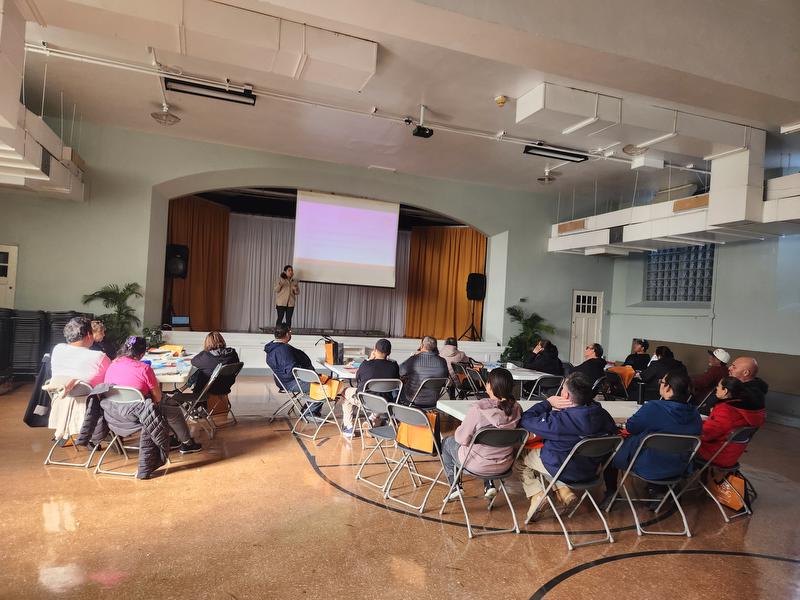

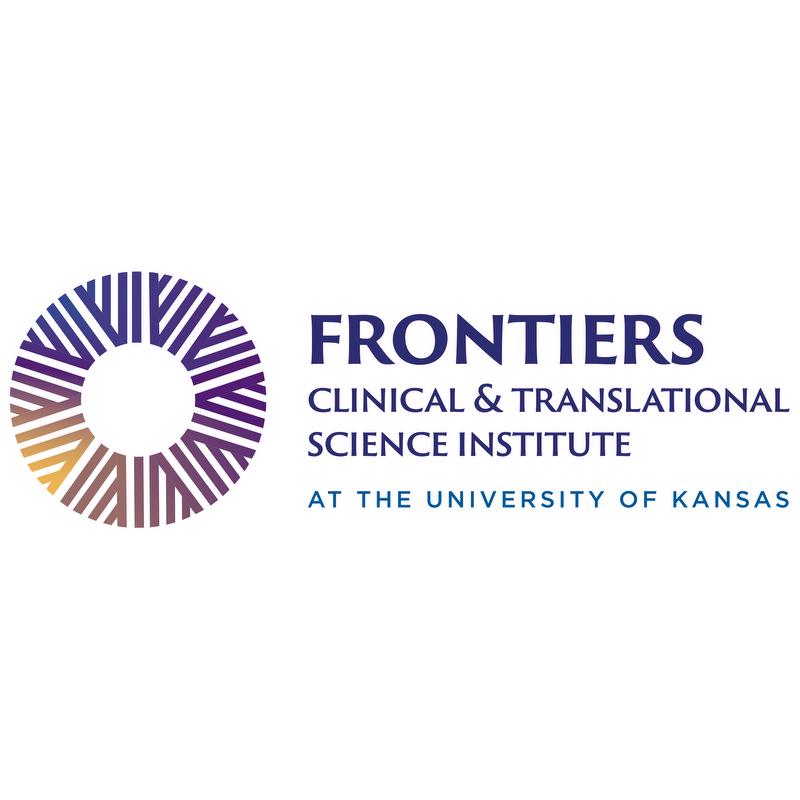 News
News
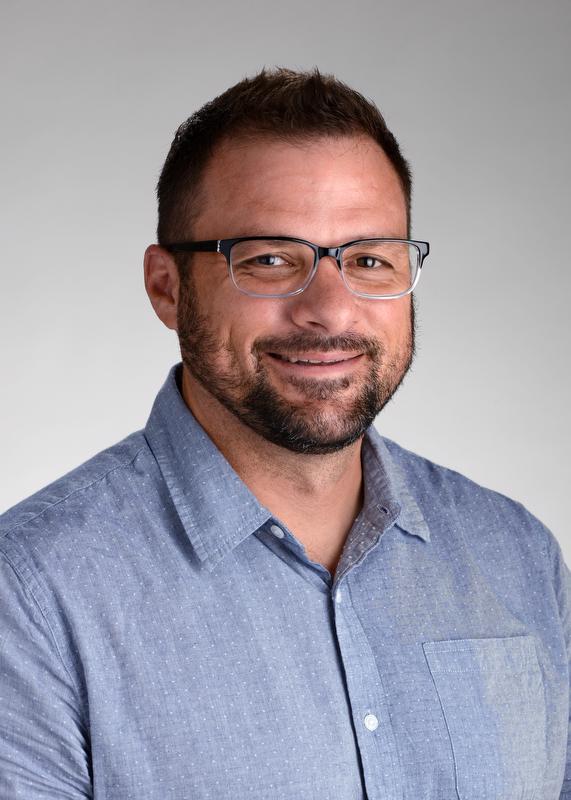
 40
40

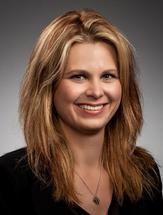 News
News
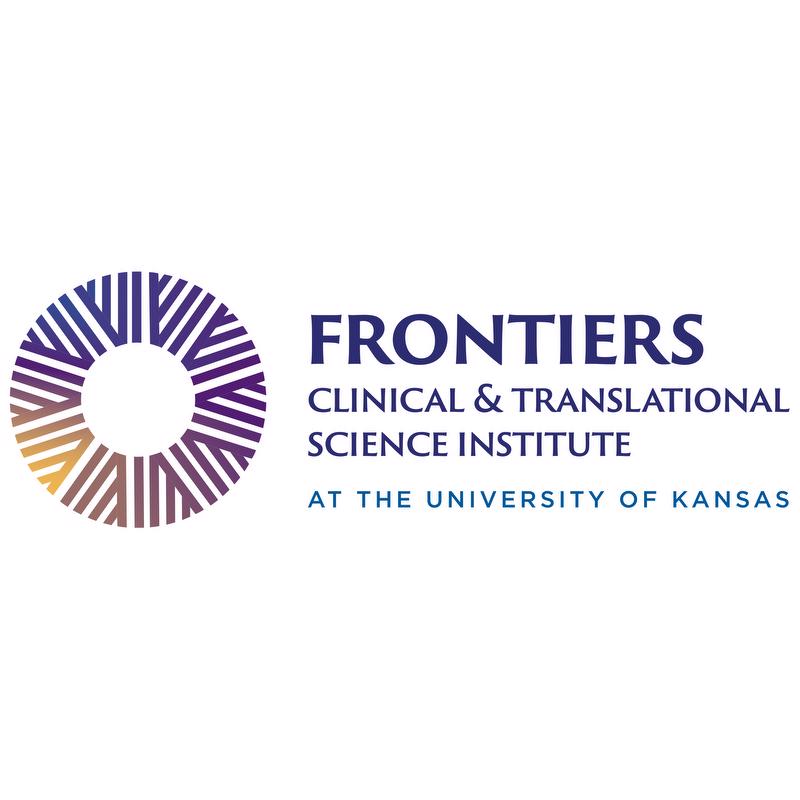 News
News
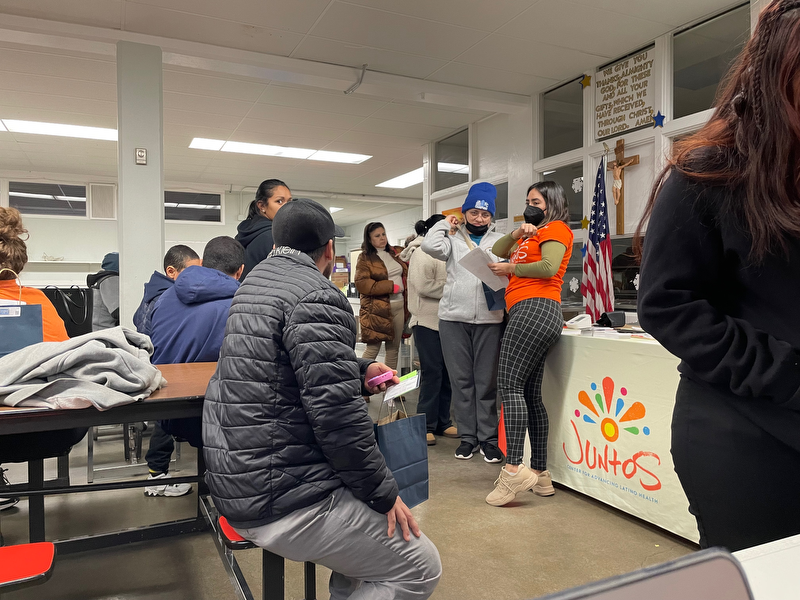 Partner News · In the Community
Partner News · In the Community
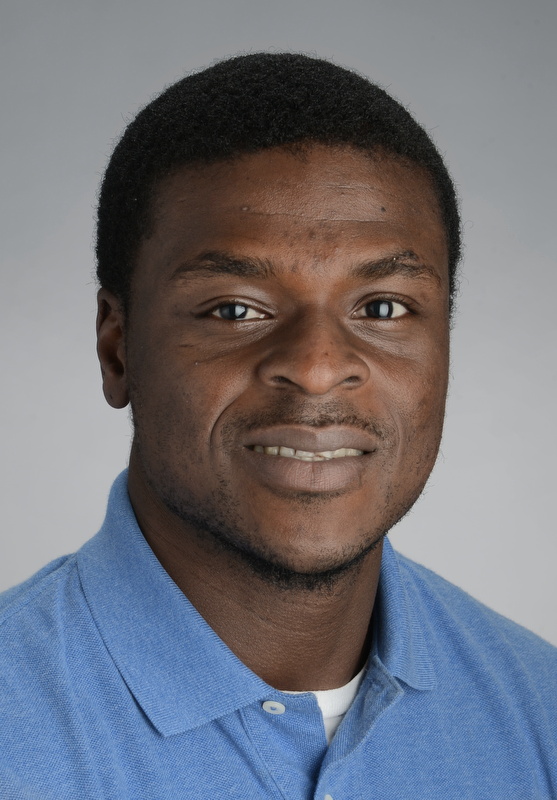 TL1 Trainee · News
TL1 Trainee · News
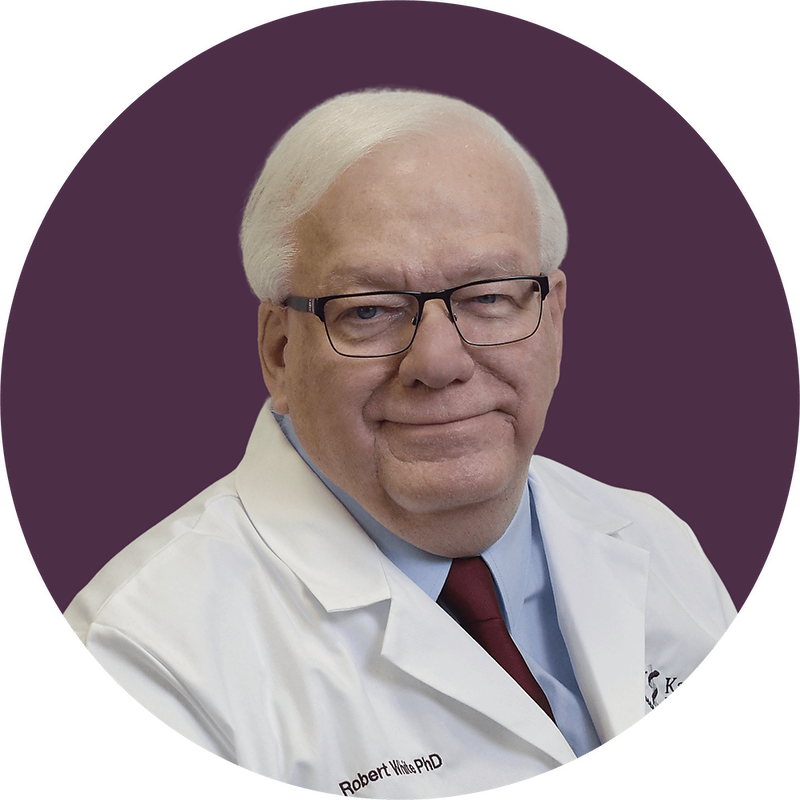 News
News
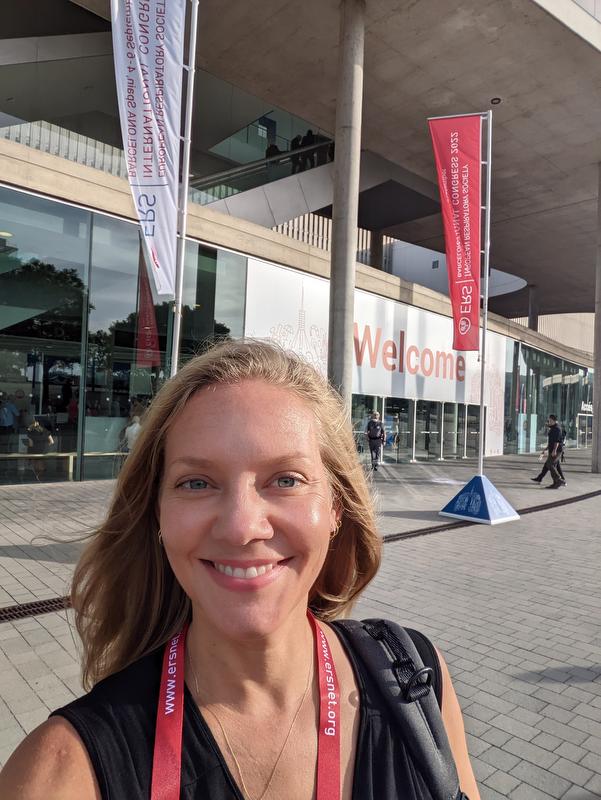 Funded Projects · News
Funded Projects · News
 News · In the Community
News · In the Community
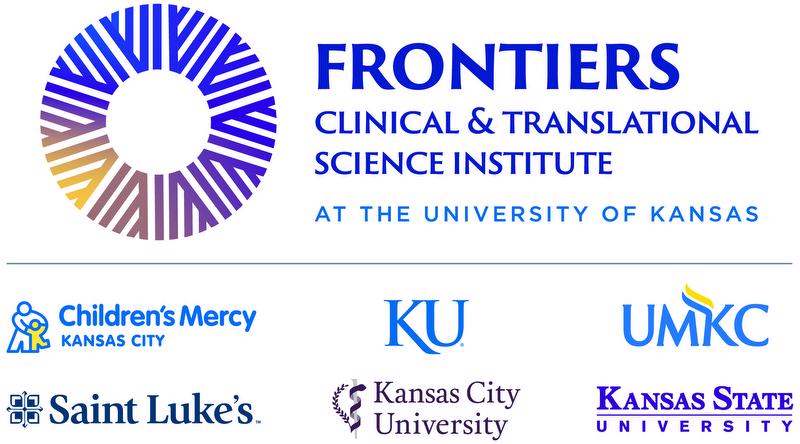 Funded Projects · News
Funded Projects · News
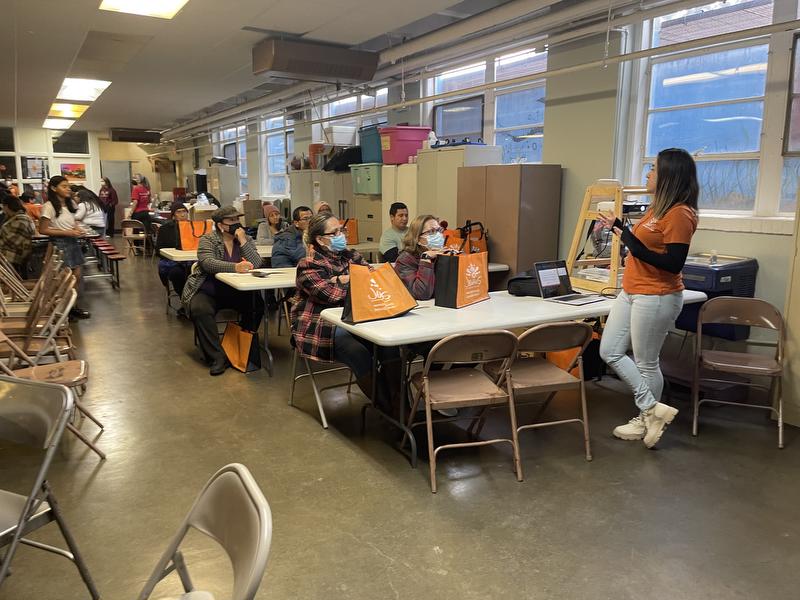 In the Community
In the Community
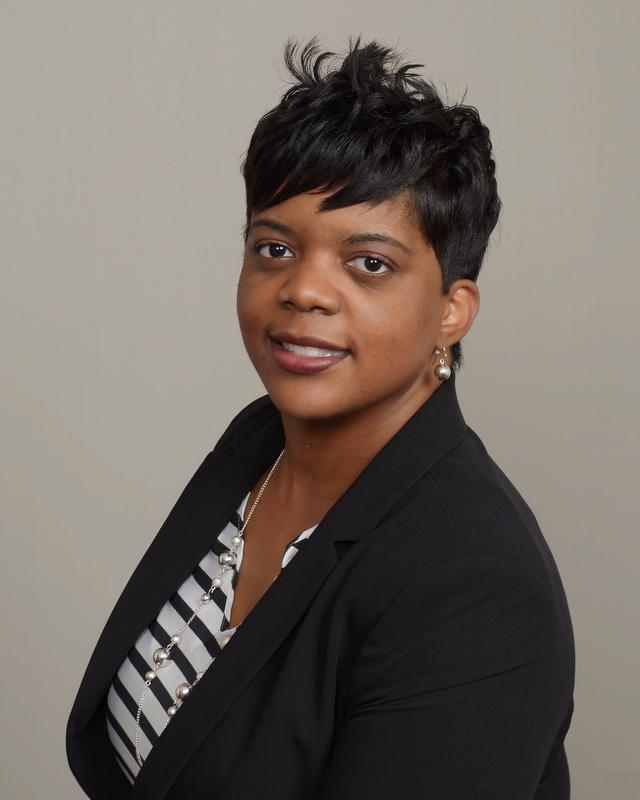 News · In the Community · Partner News
News · In the Community · Partner News
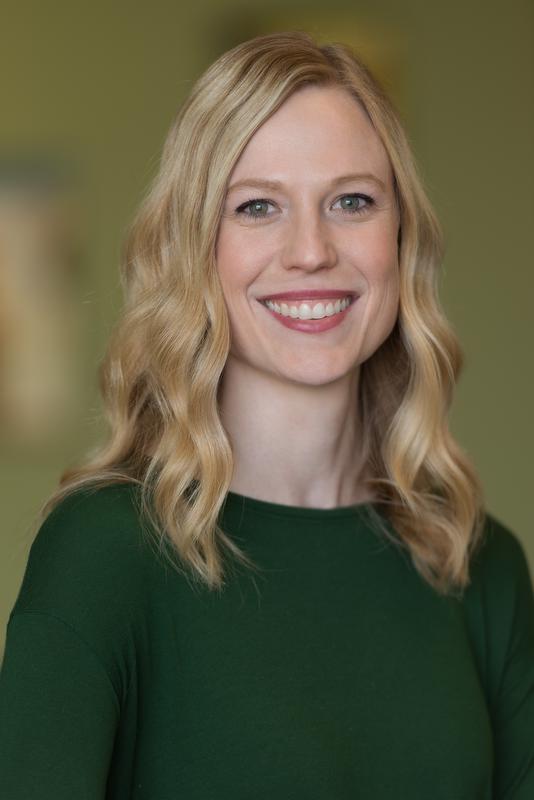 KL2 Scholar · News
KL2 Scholar · News
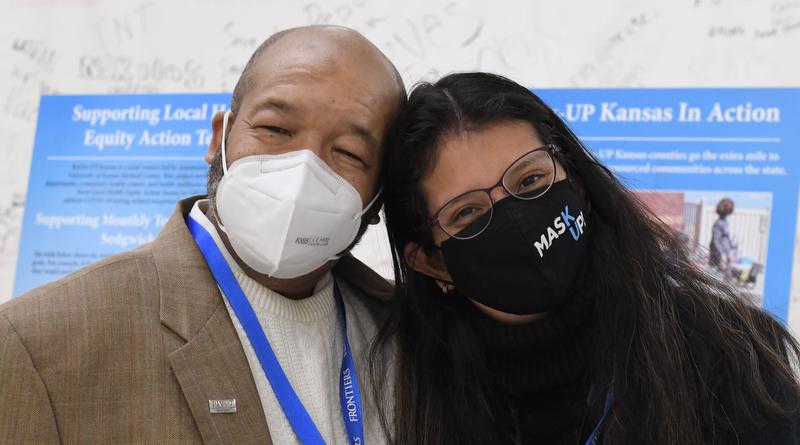 News · In the Community
News · In the Community
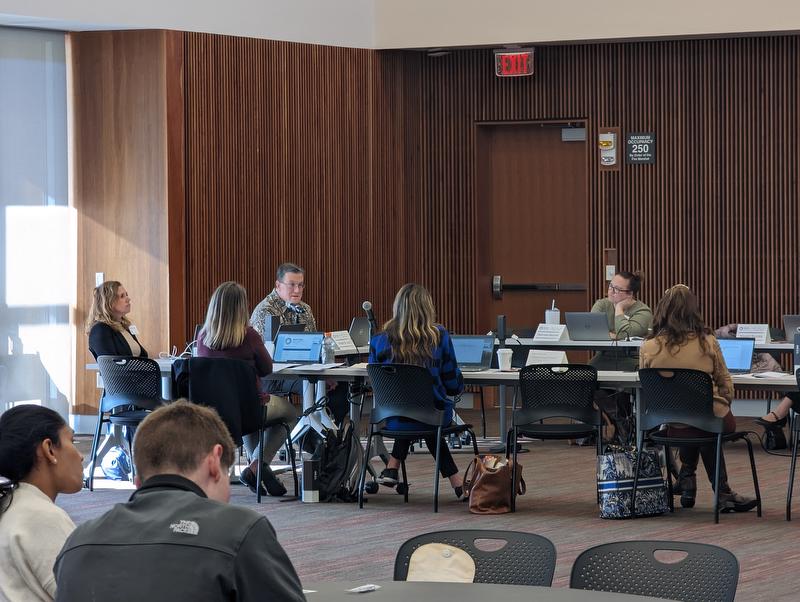 Events · News · Services
Events · News · Services
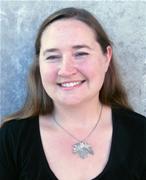 Funded Projects · News
Funded Projects · News
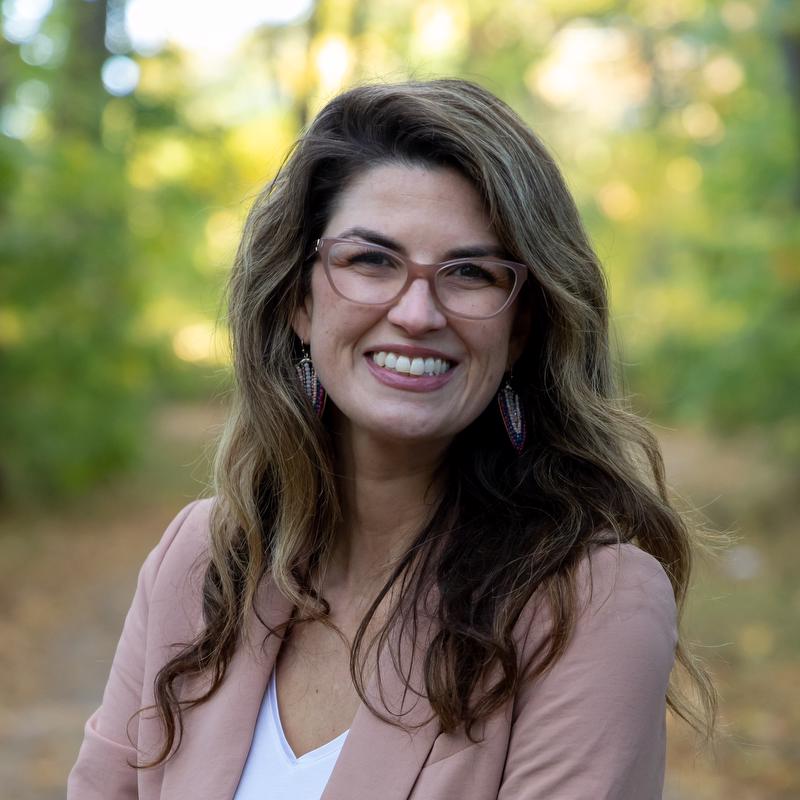 KL2 Scholar · Funded Projects · News
KL2 Scholar · Funded Projects · News
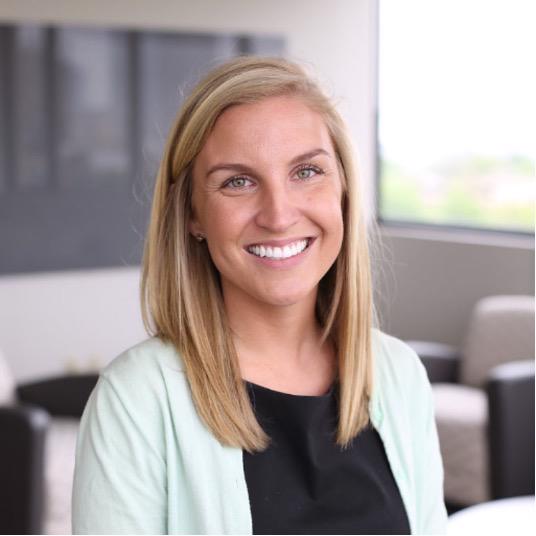 TL1 Trainee · Funded Projects · News
TL1 Trainee · Funded Projects · News
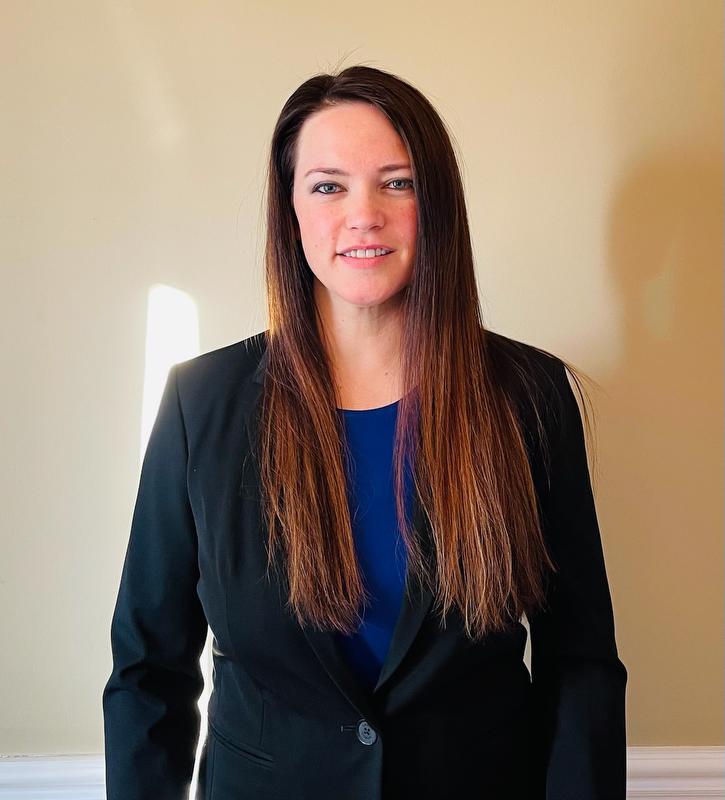 News
News
 News
News
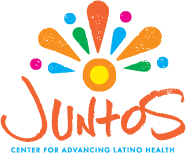 News · In the Community
News · In the Community
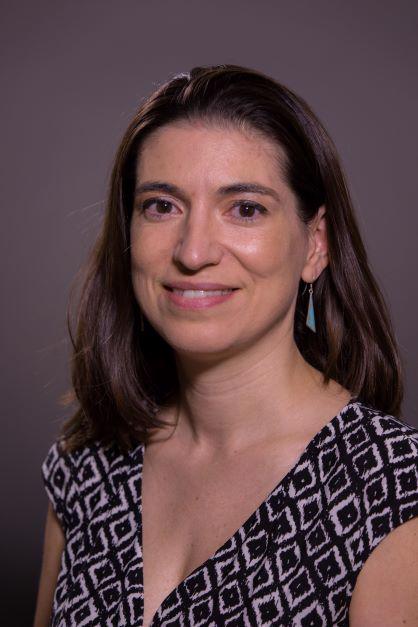 KL2 Scholar · Funded Projects
KL2 Scholar · Funded Projects
 KL2 Scholar · Funded Projects
KL2 Scholar · Funded Projects
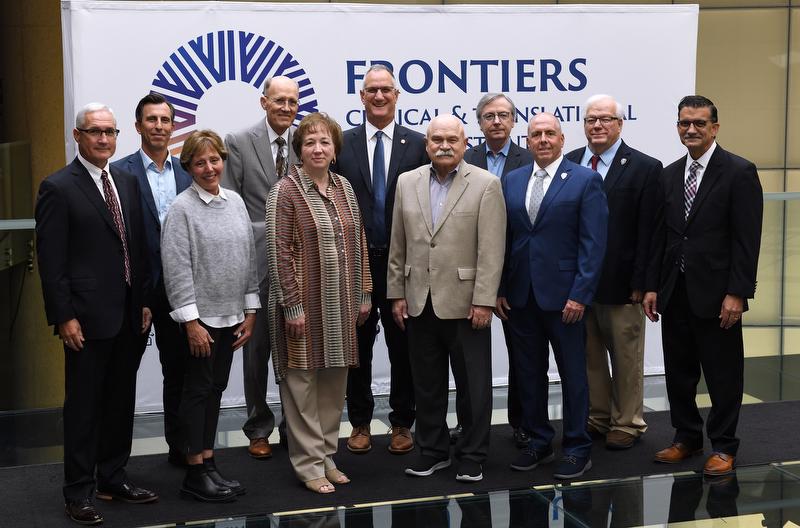 Events · News
Events · News
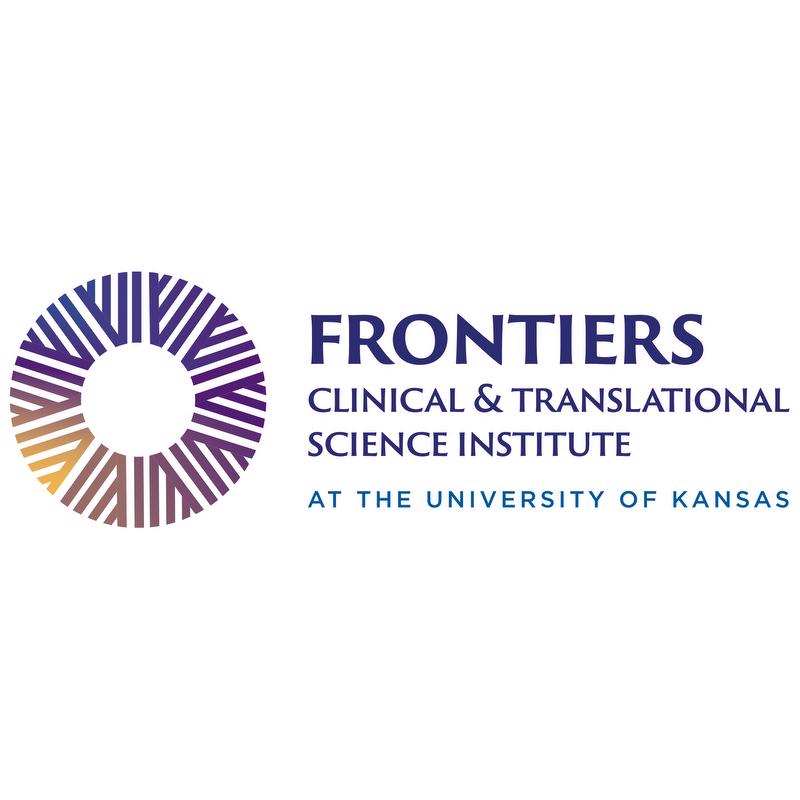 News
News
 News · In the Community
News · In the Community
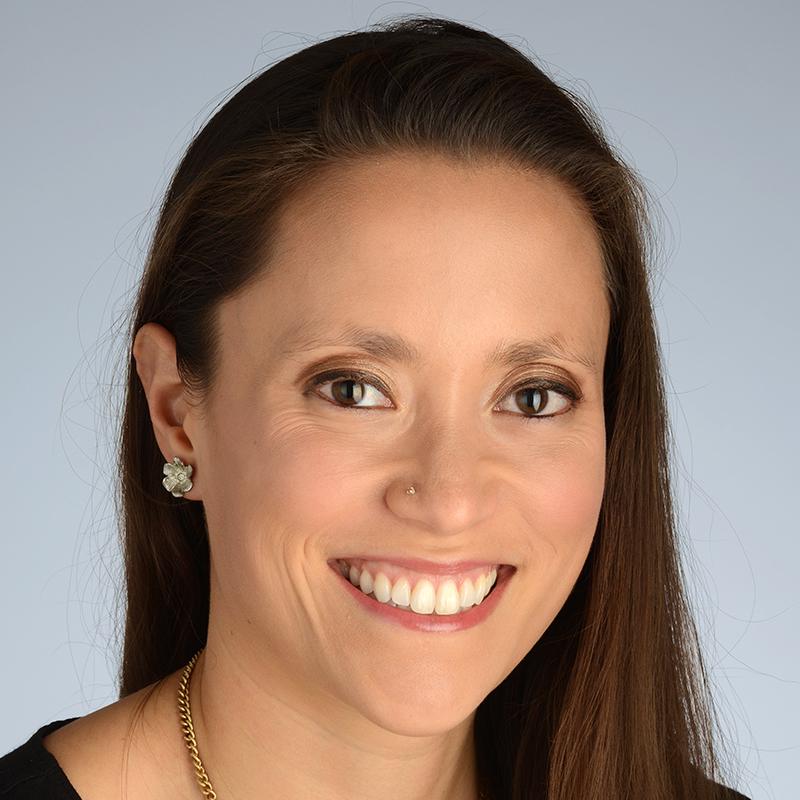 KL2 Scholar · Funded Projects
KL2 Scholar · Funded Projects
 News
News
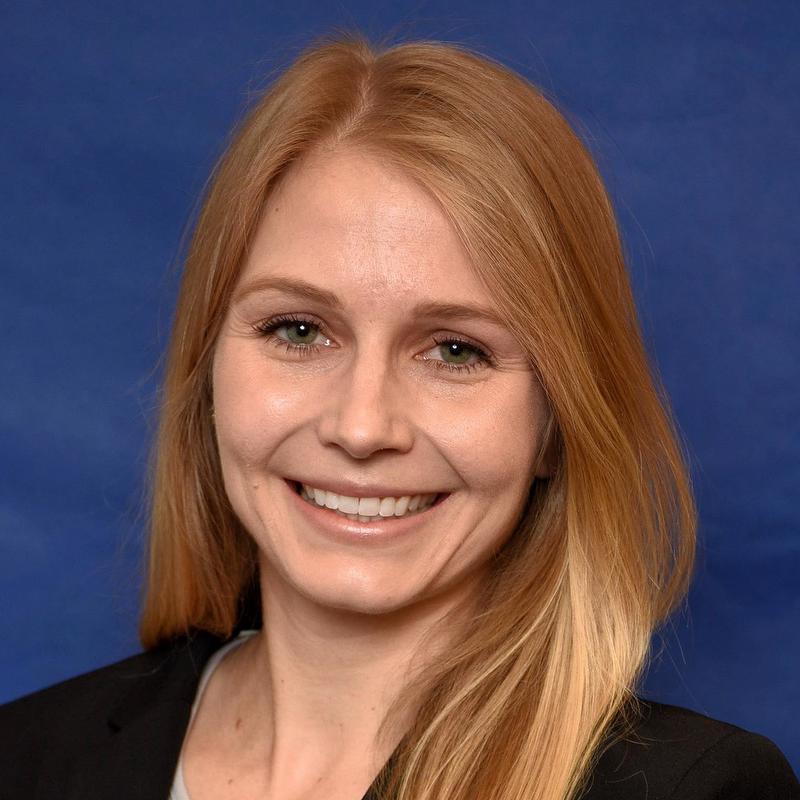 Funded Projects
Funded Projects
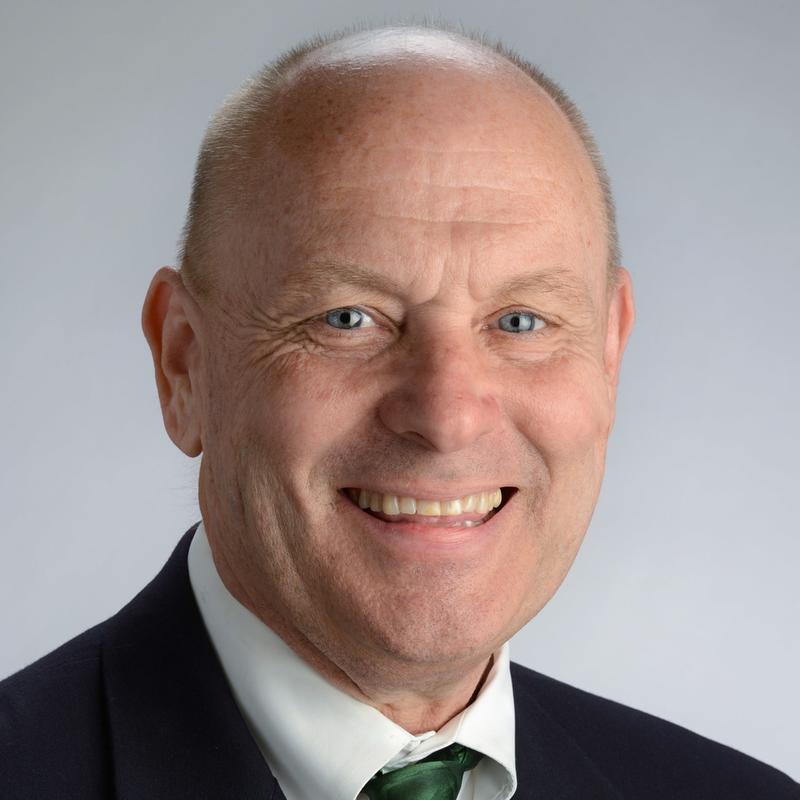
 TL1 Trainee
TL1 Trainee
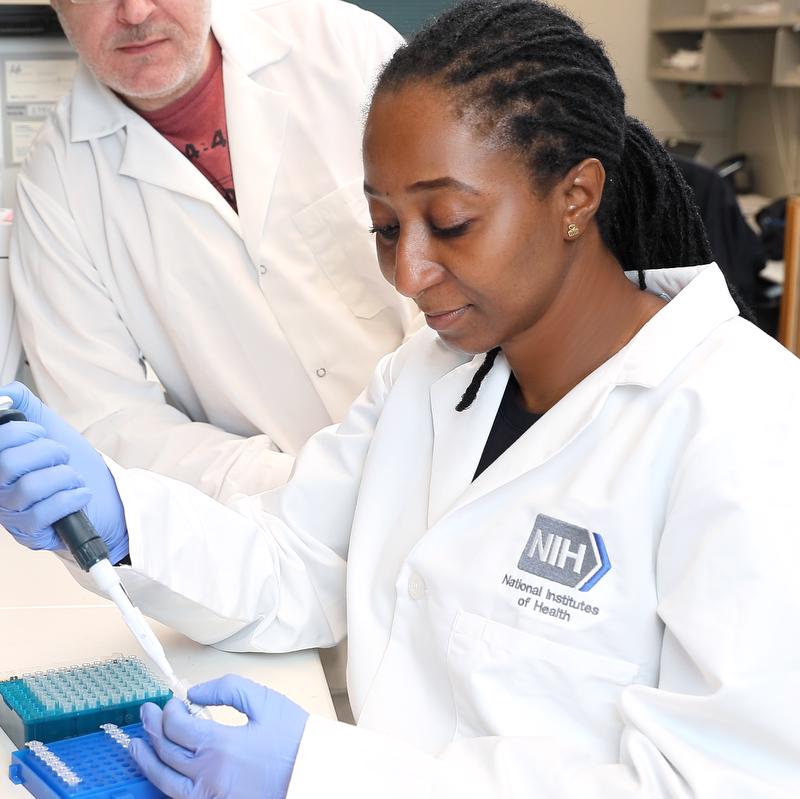 News
News

 Funded Projects
Funded Projects
